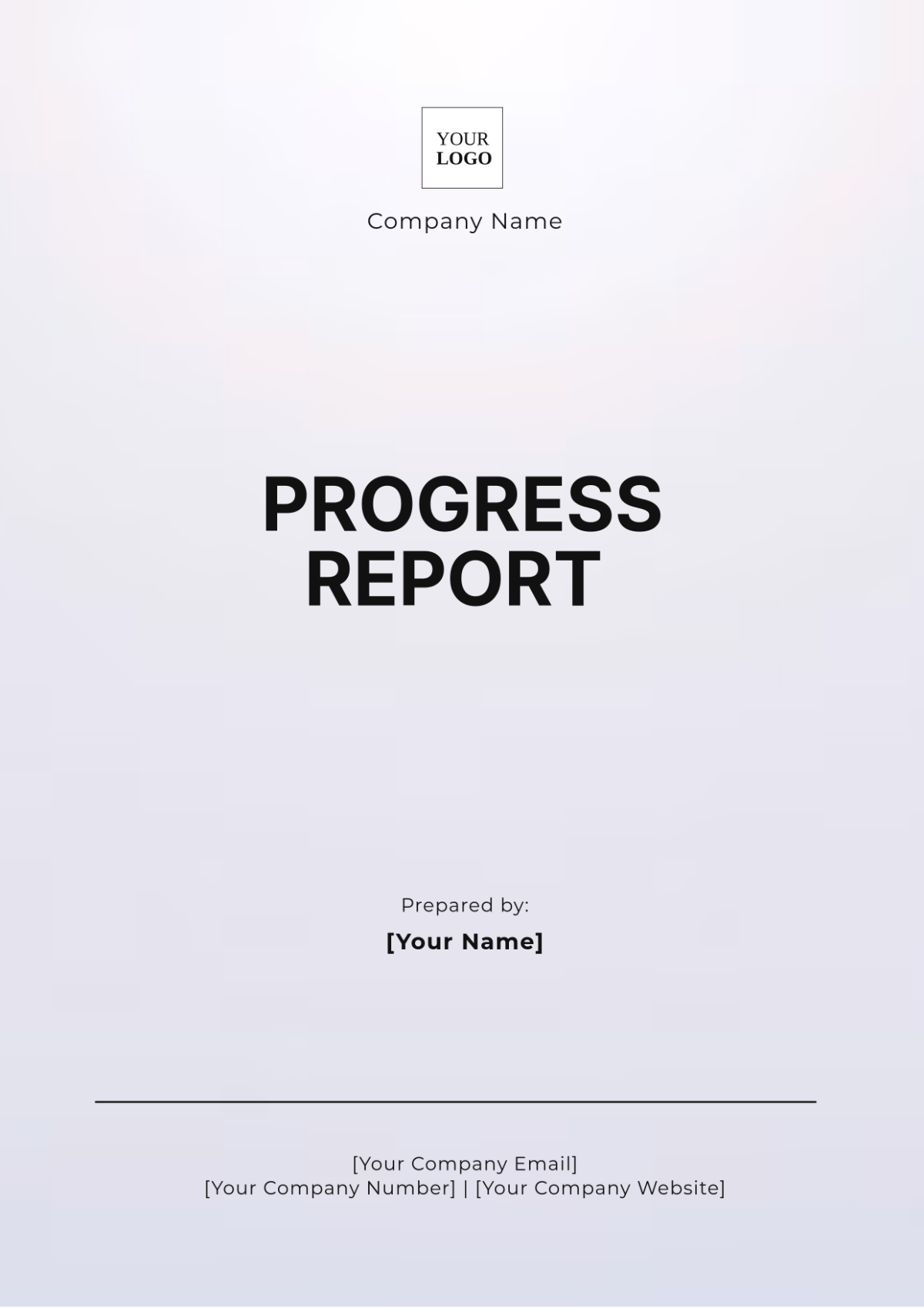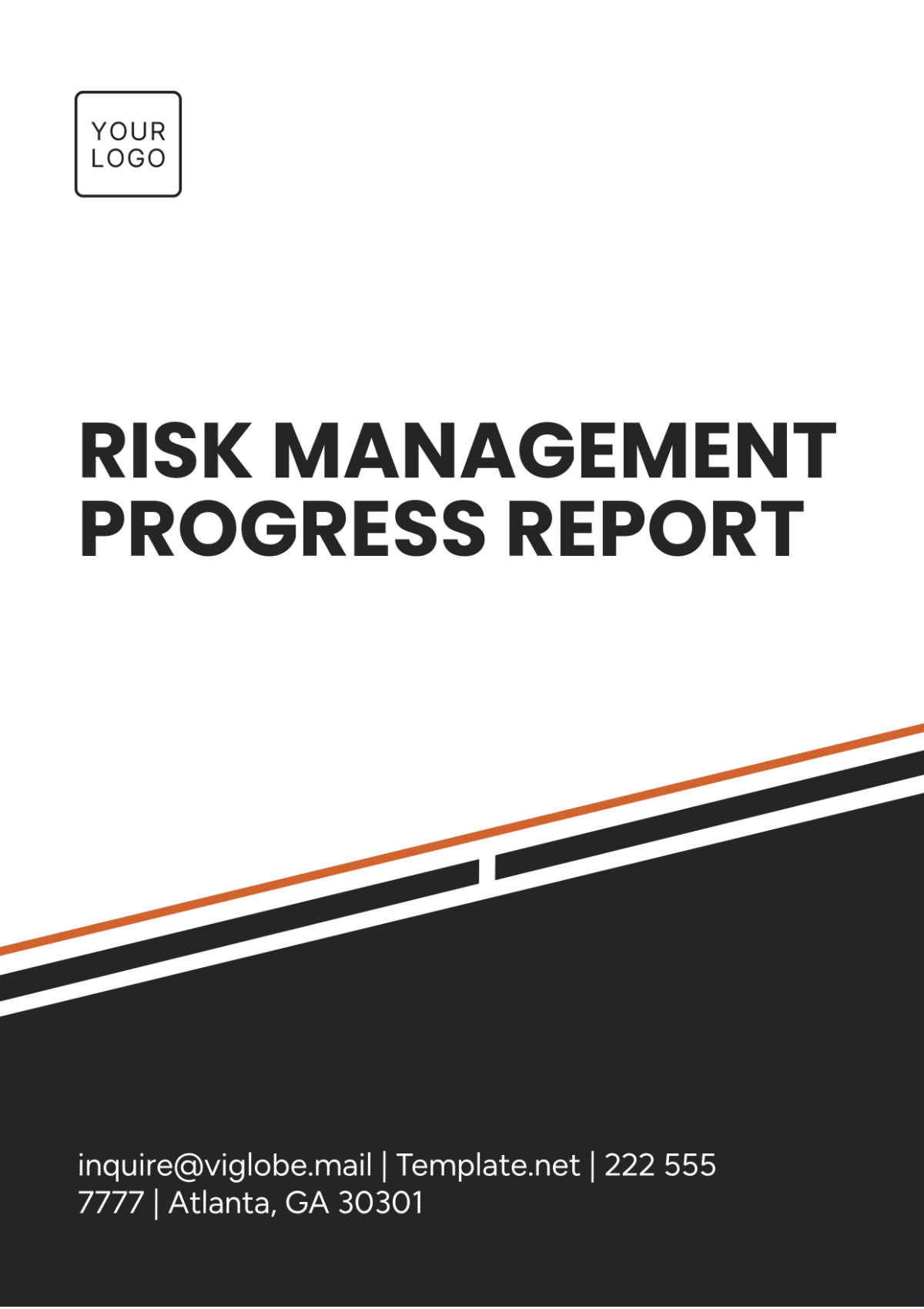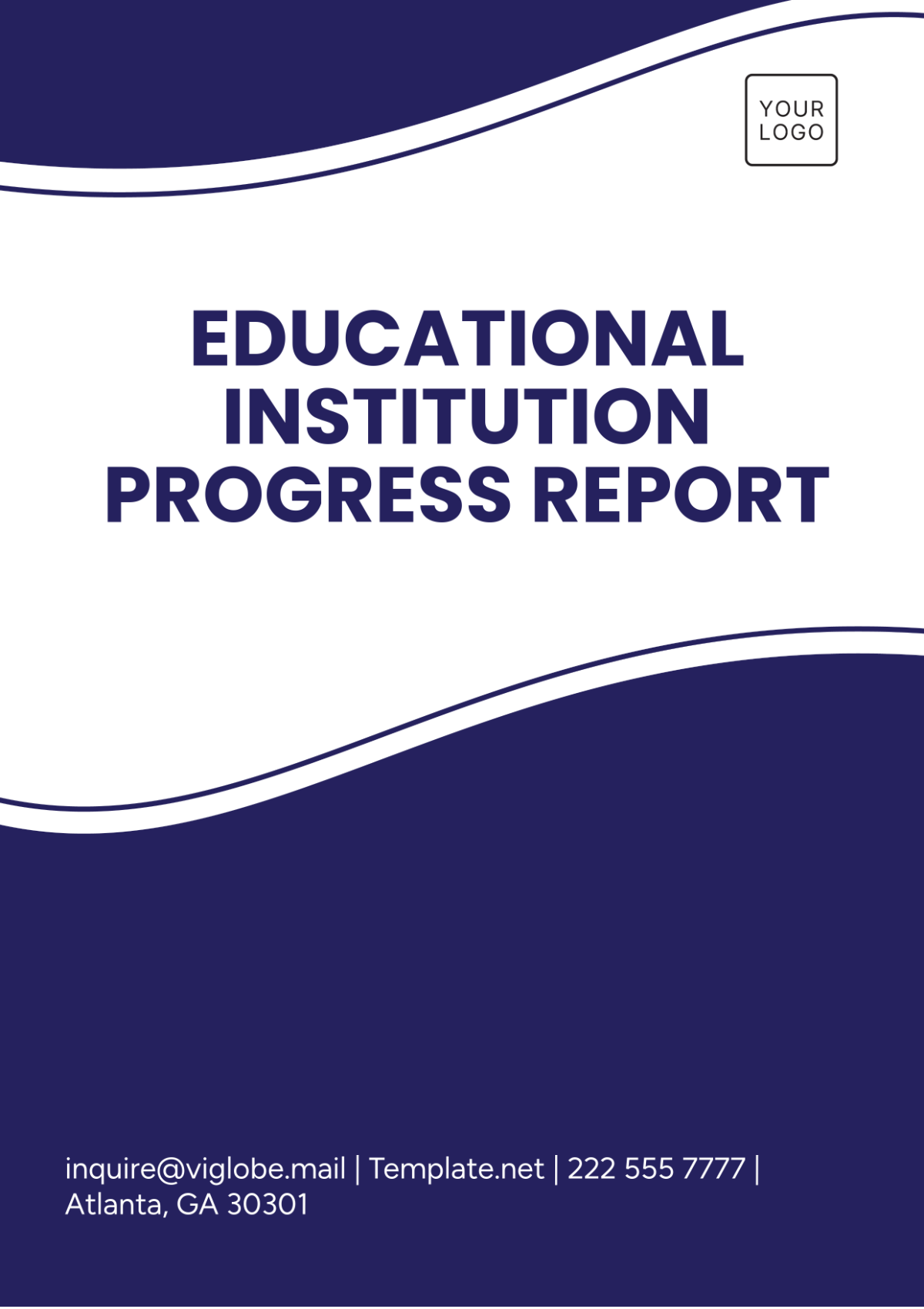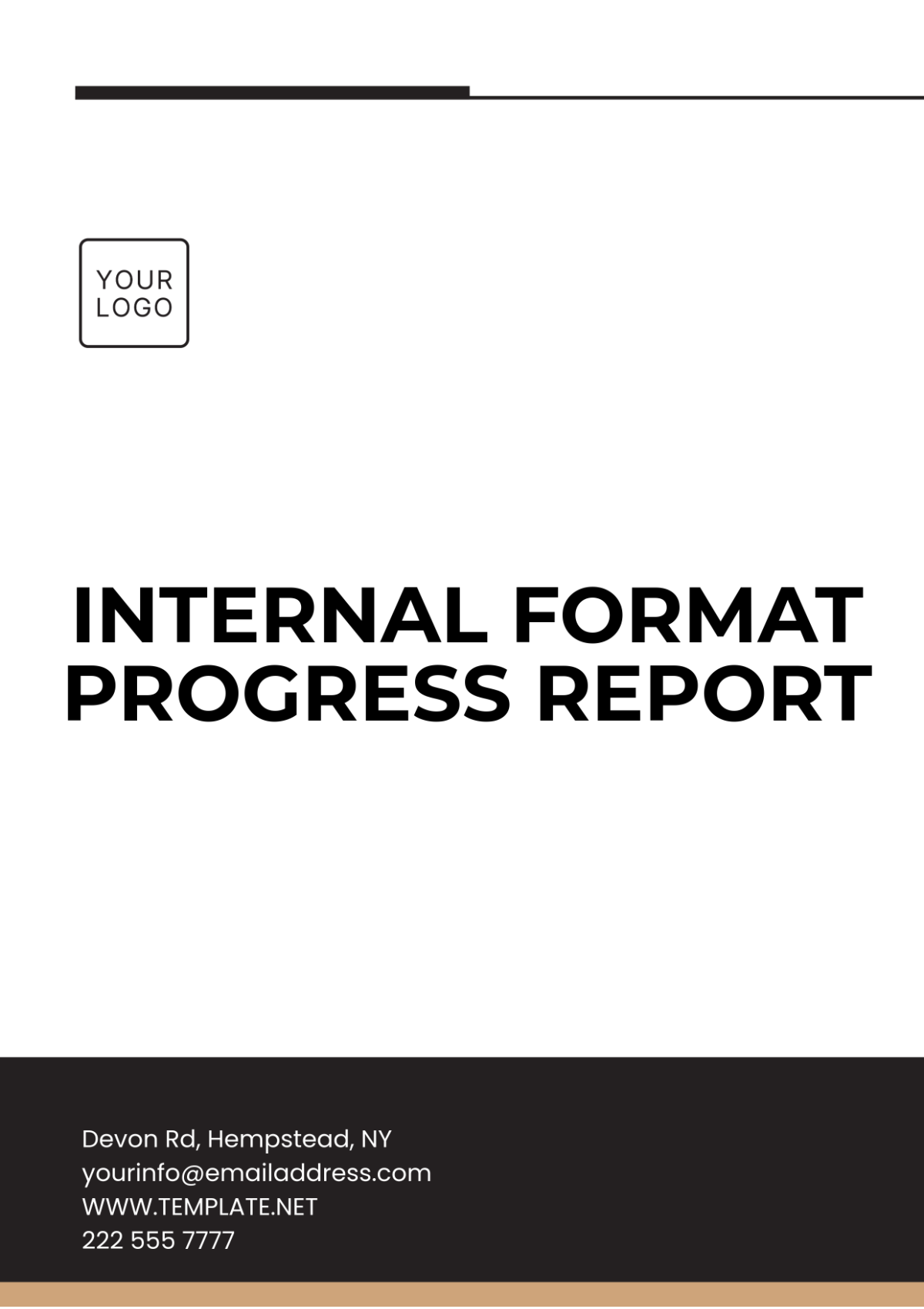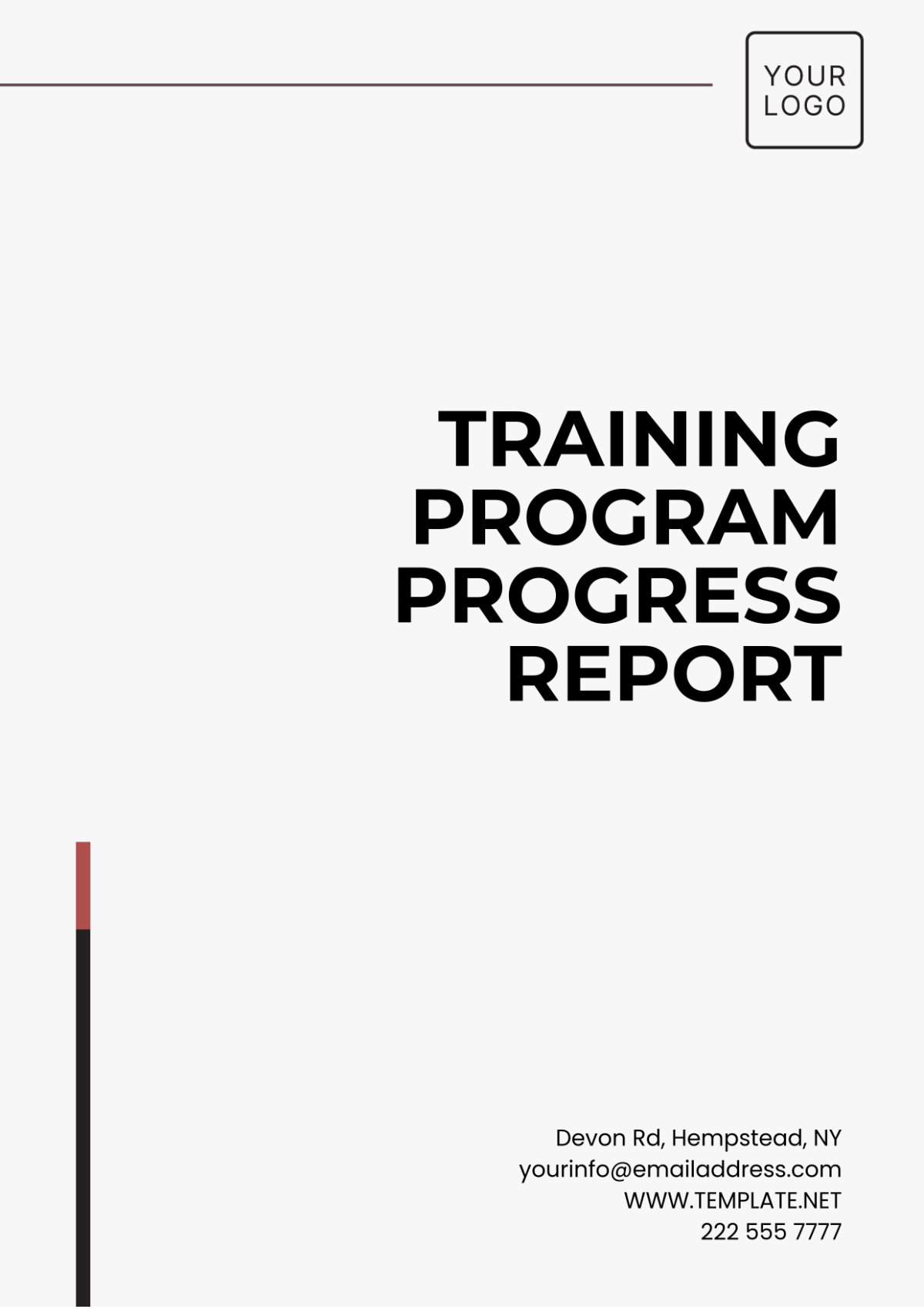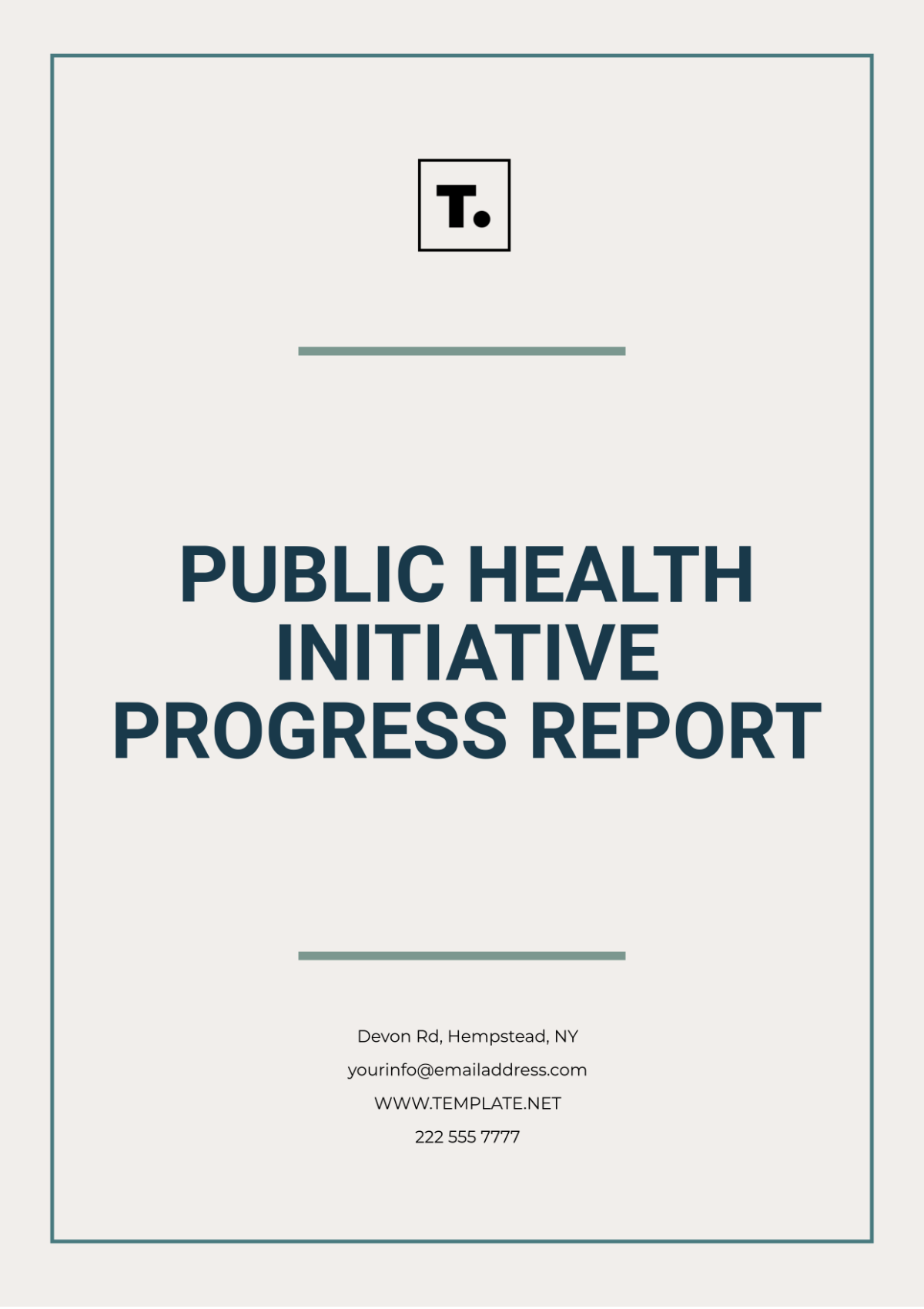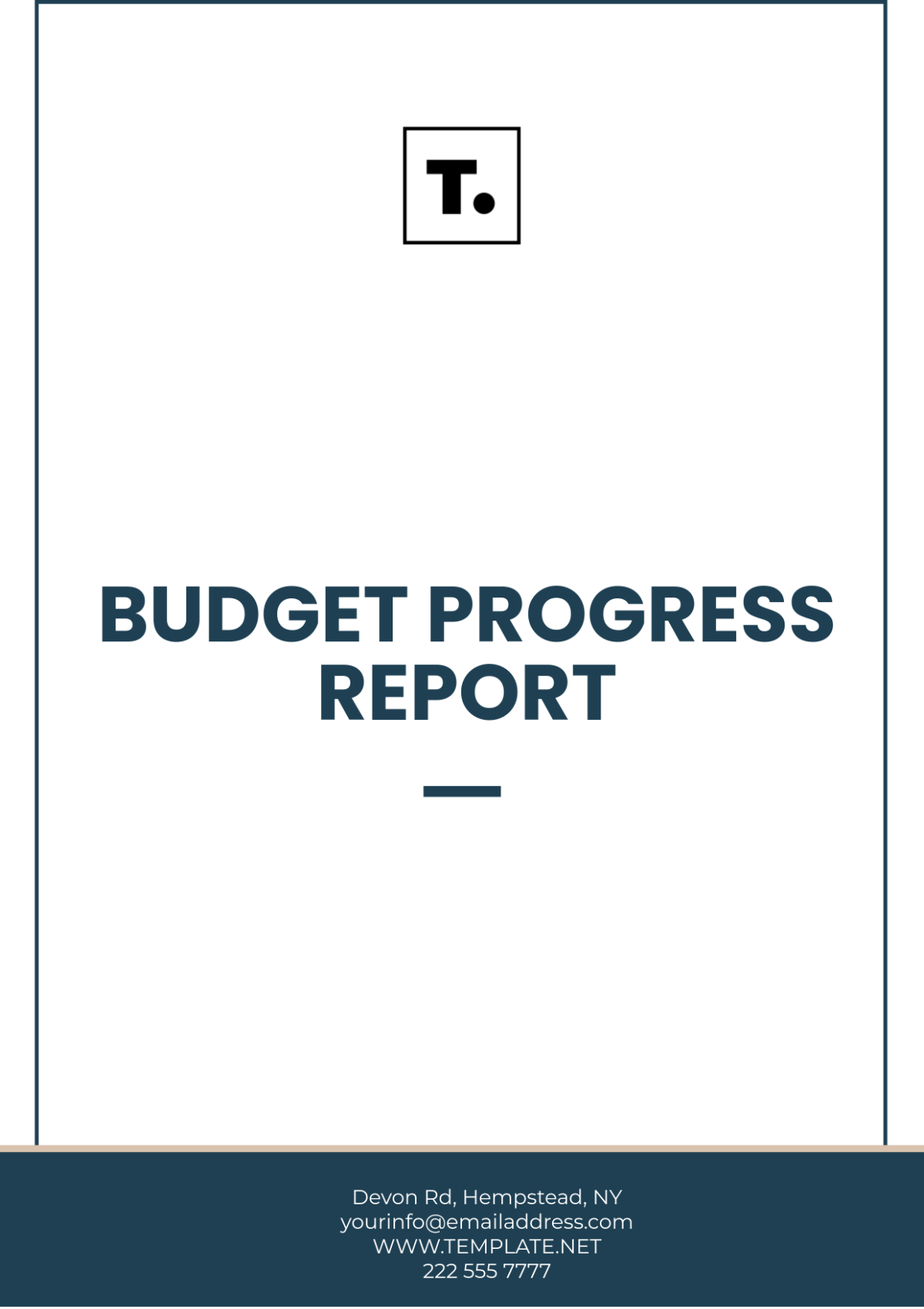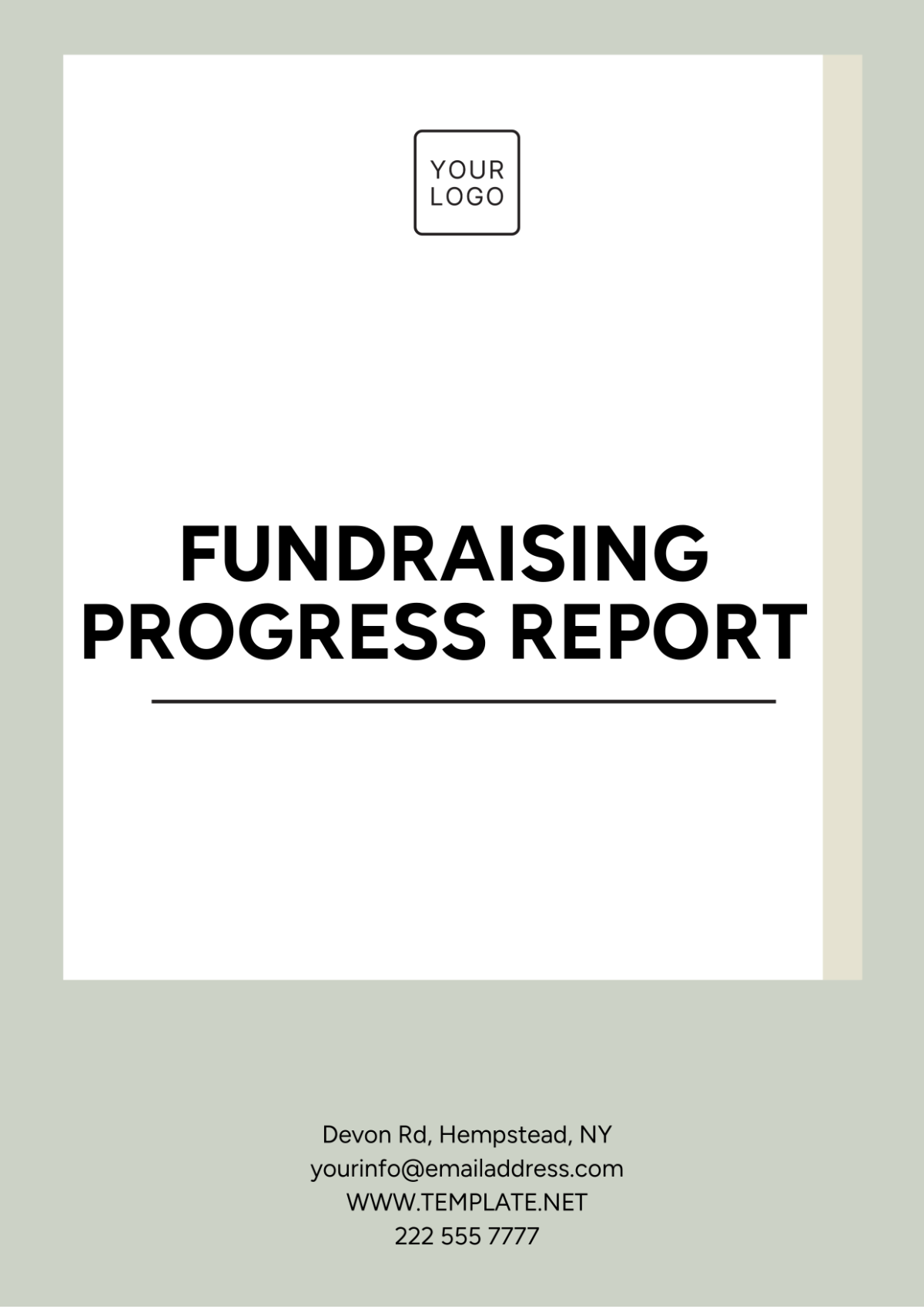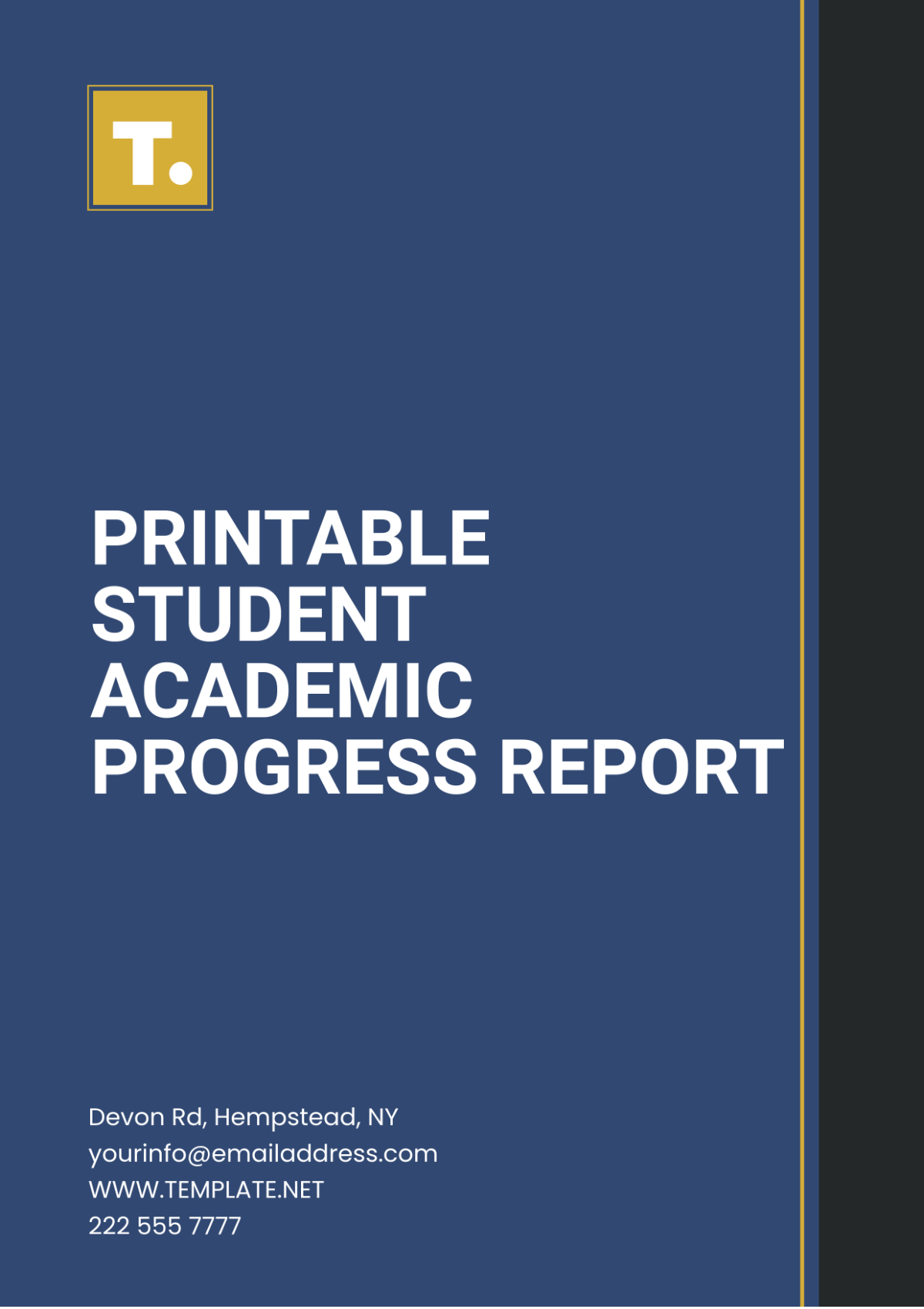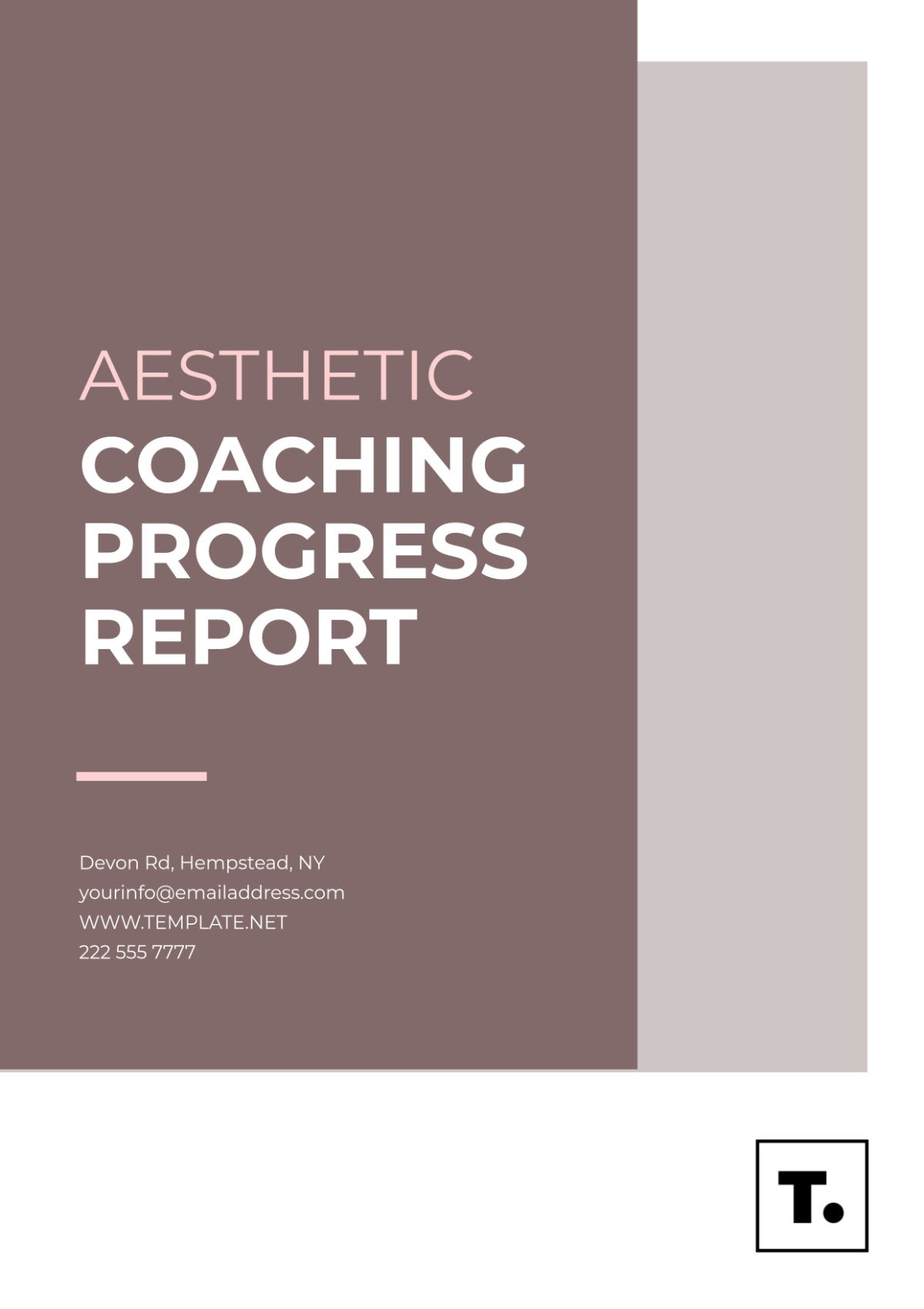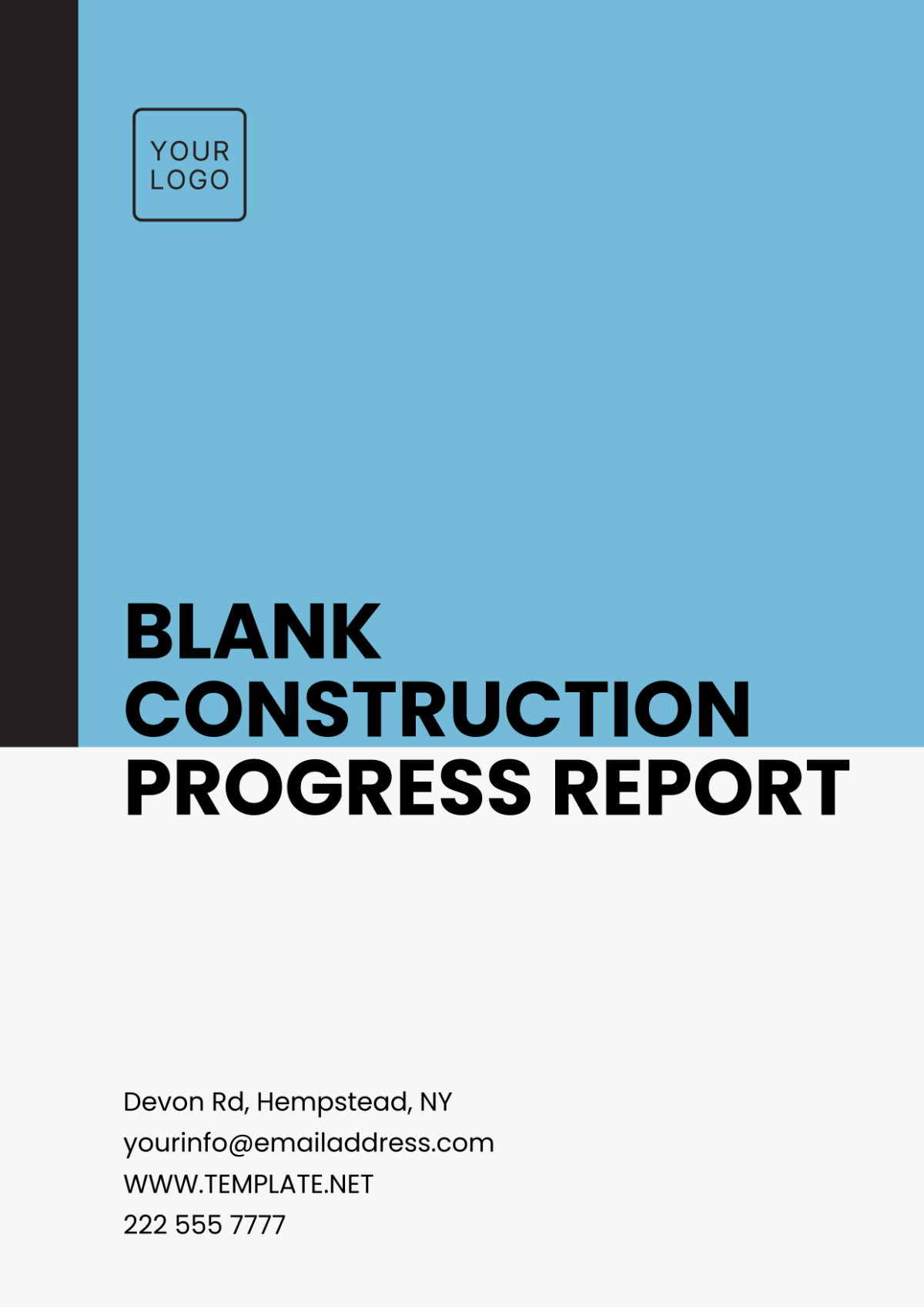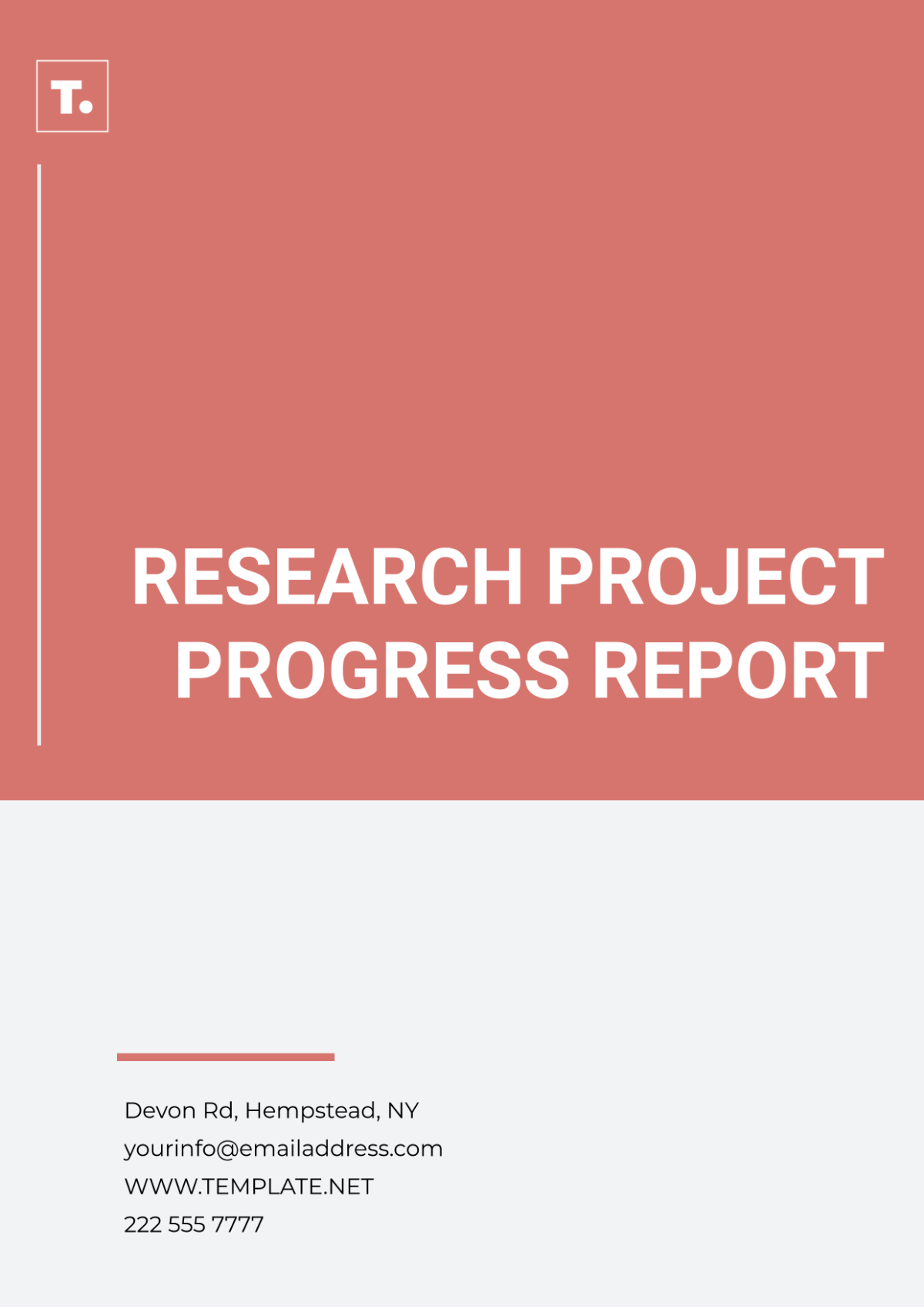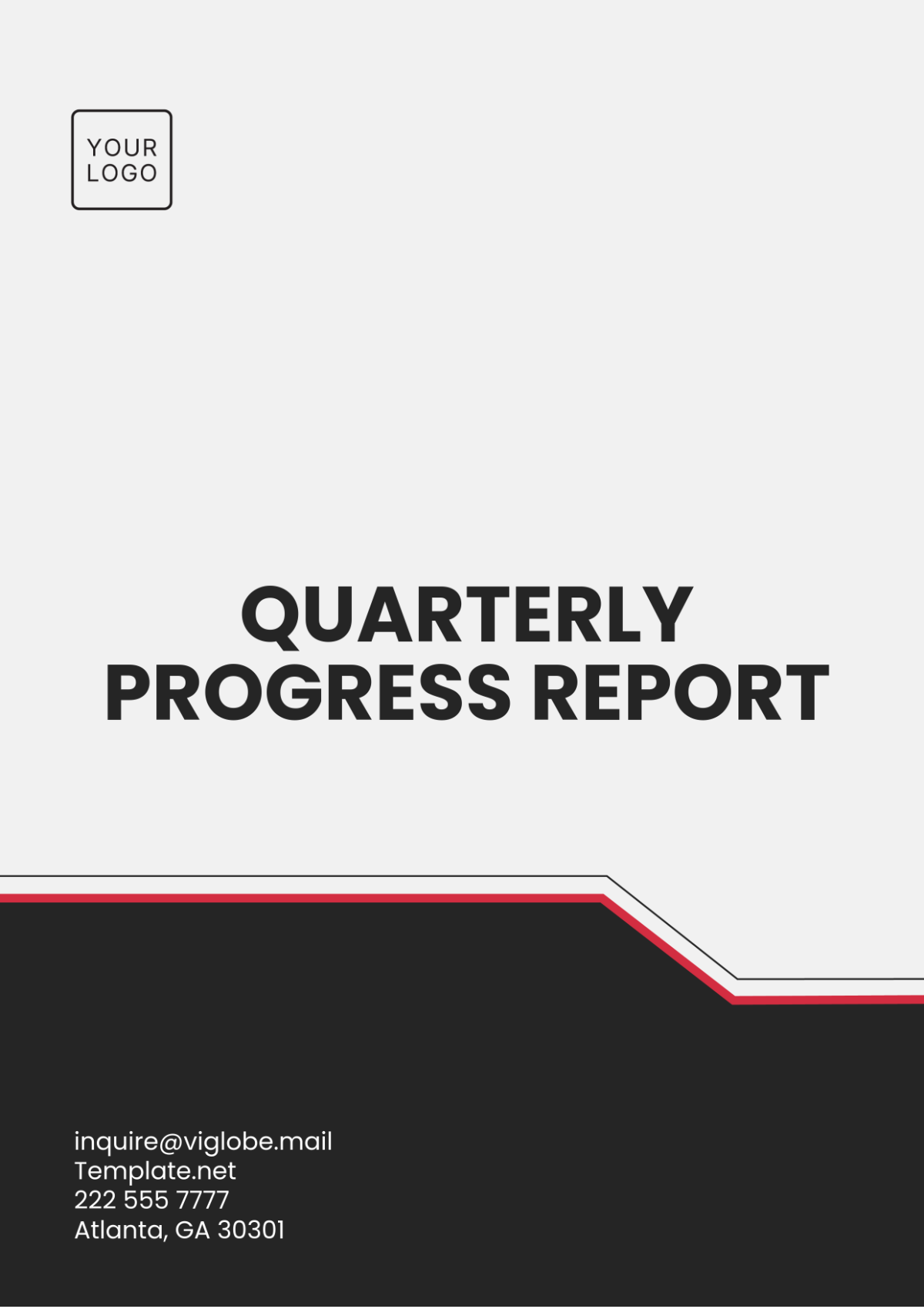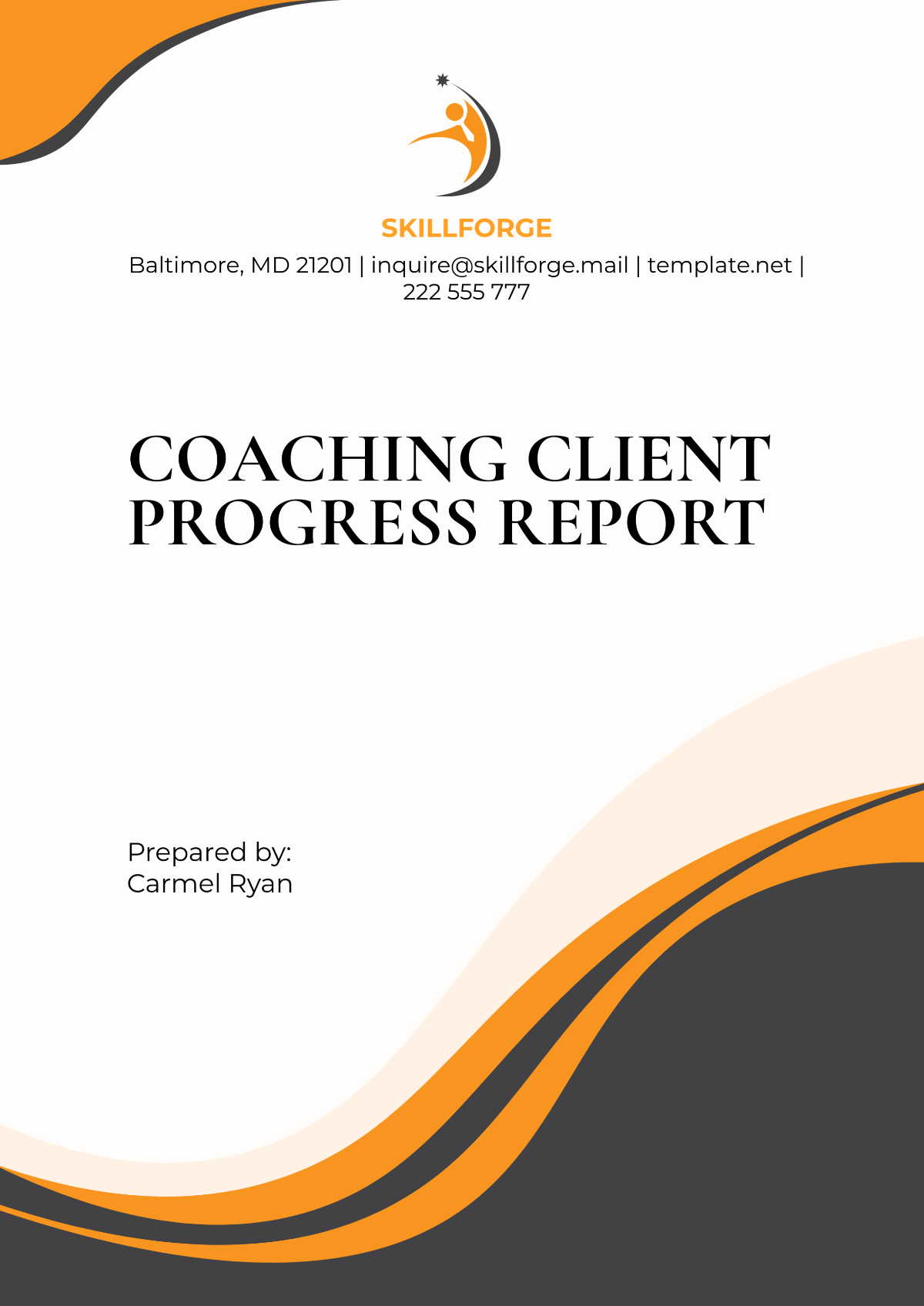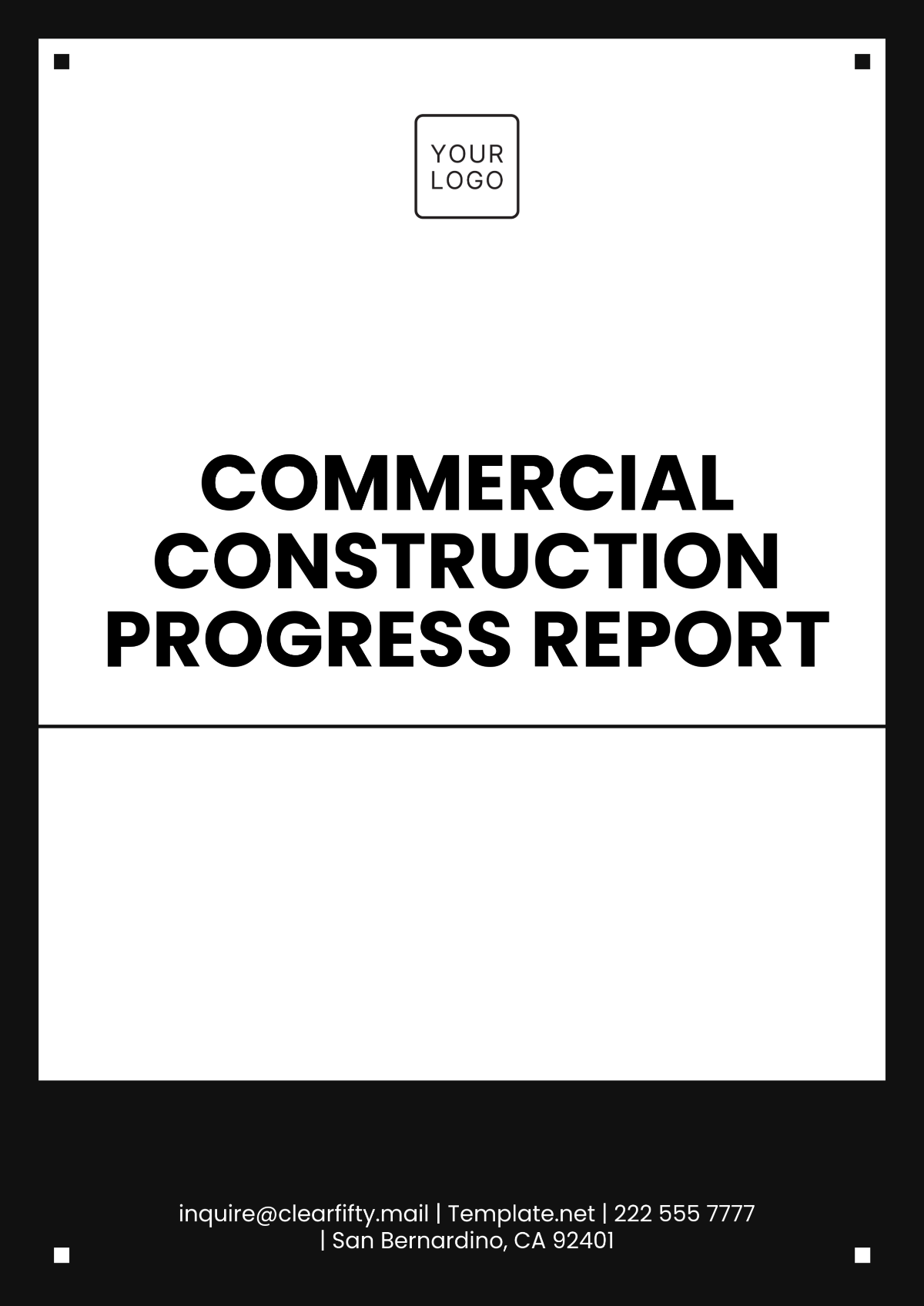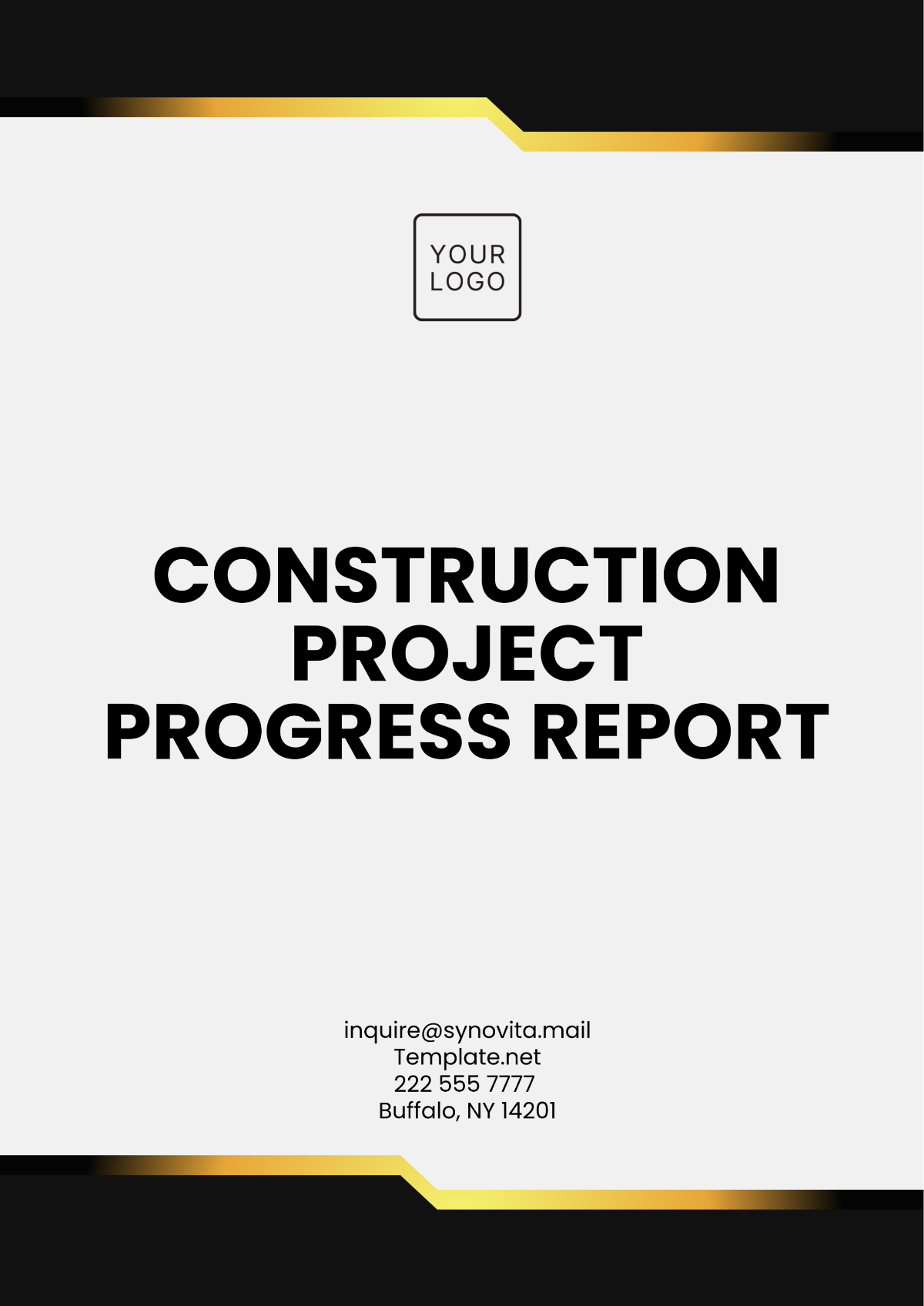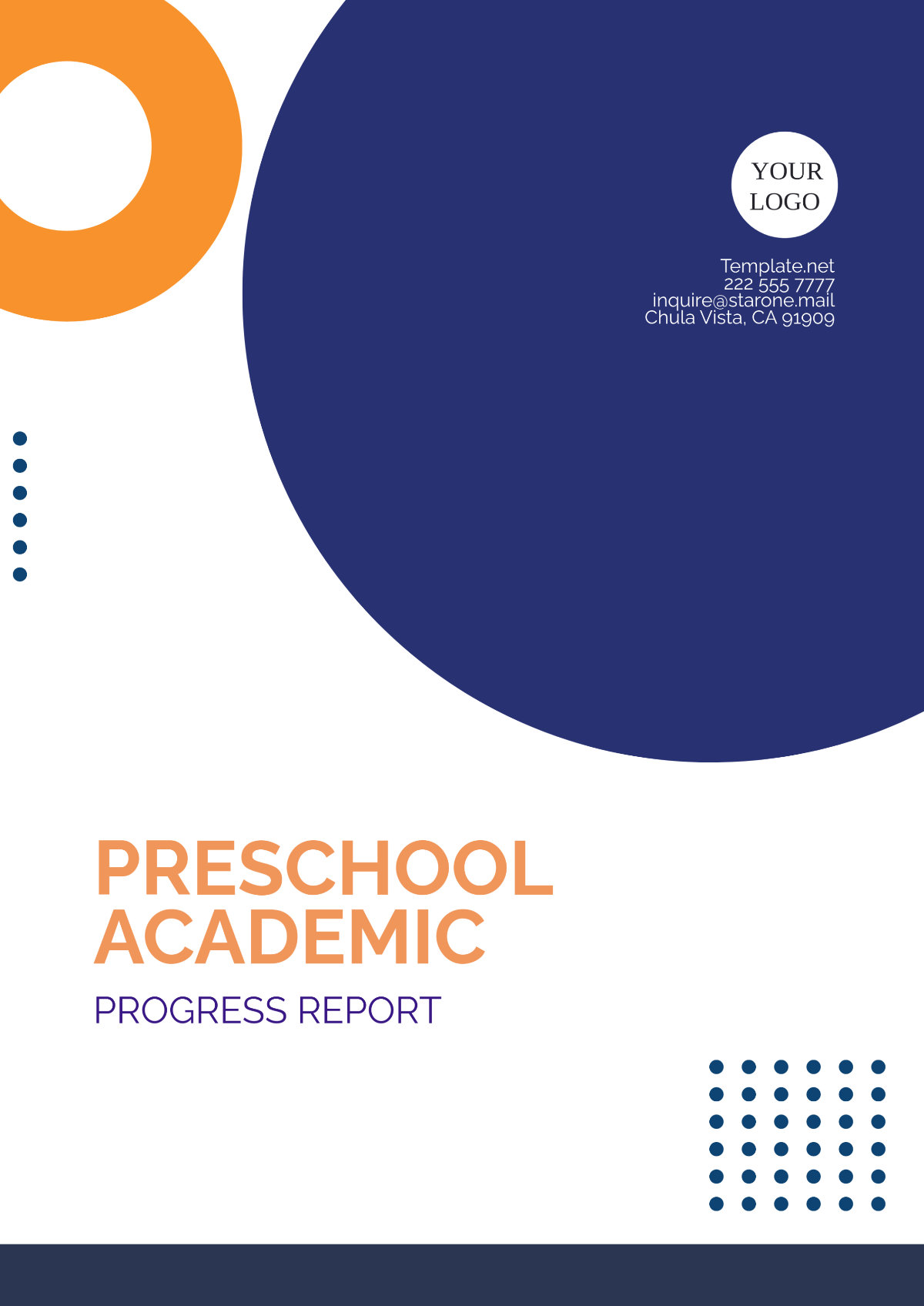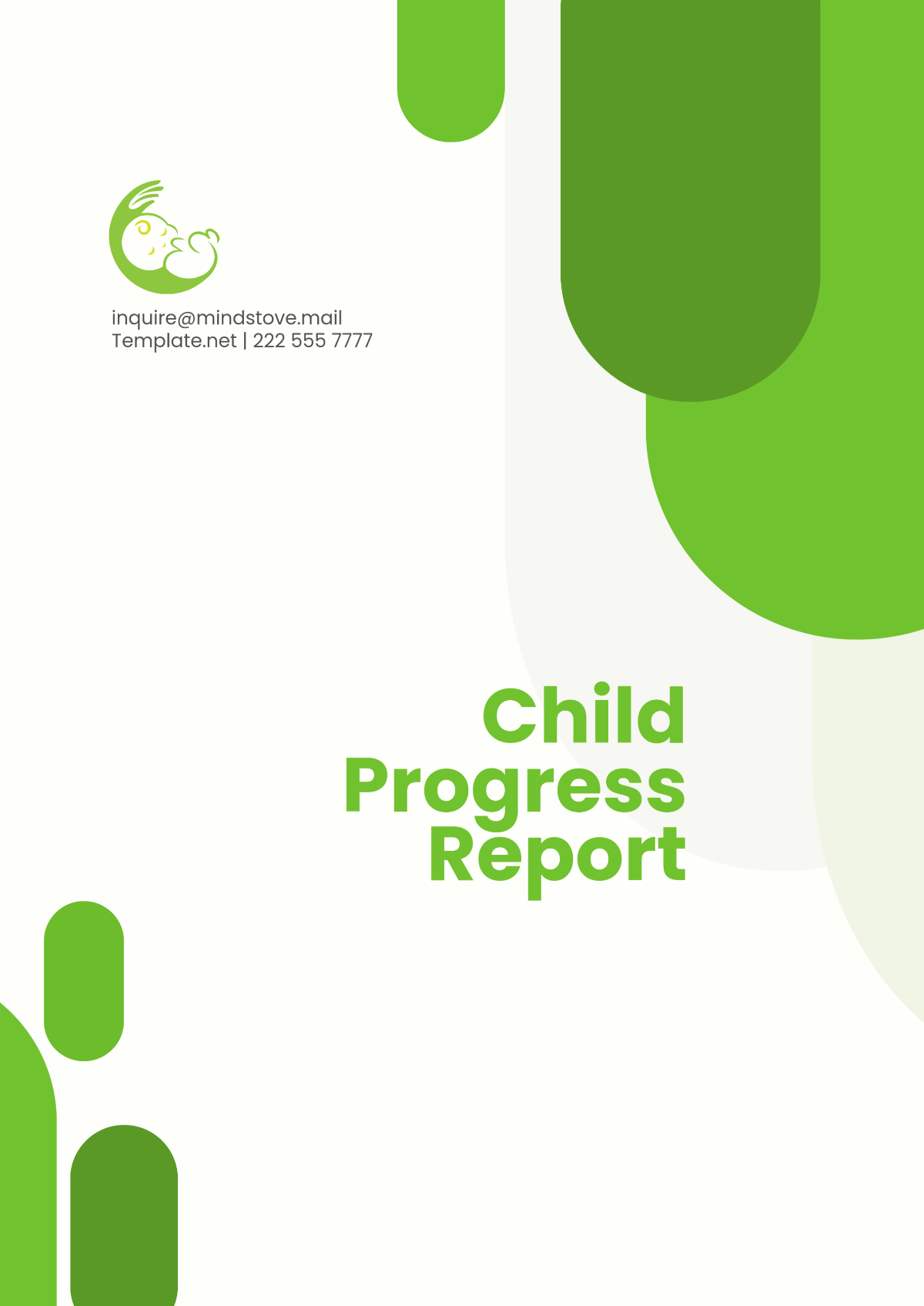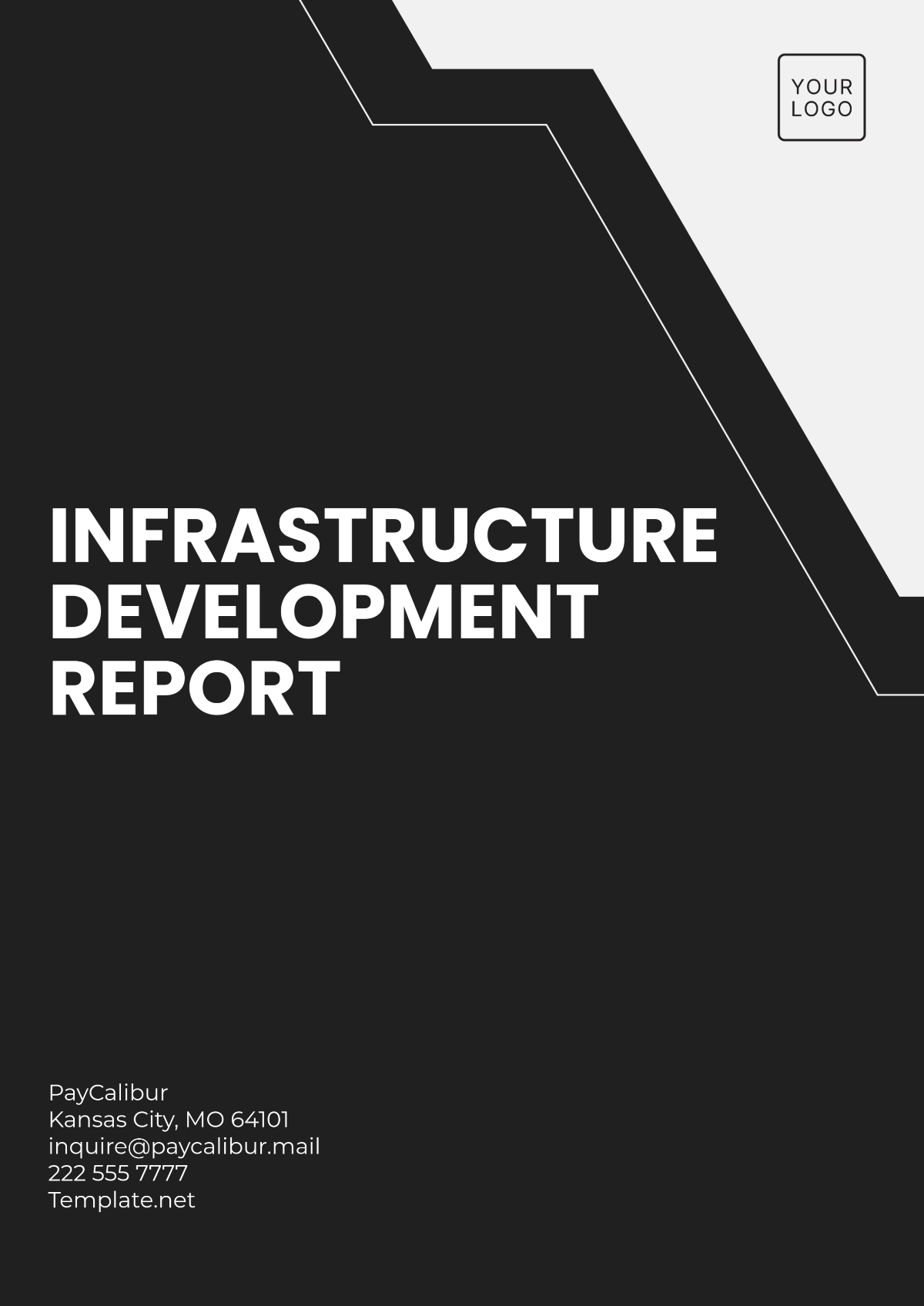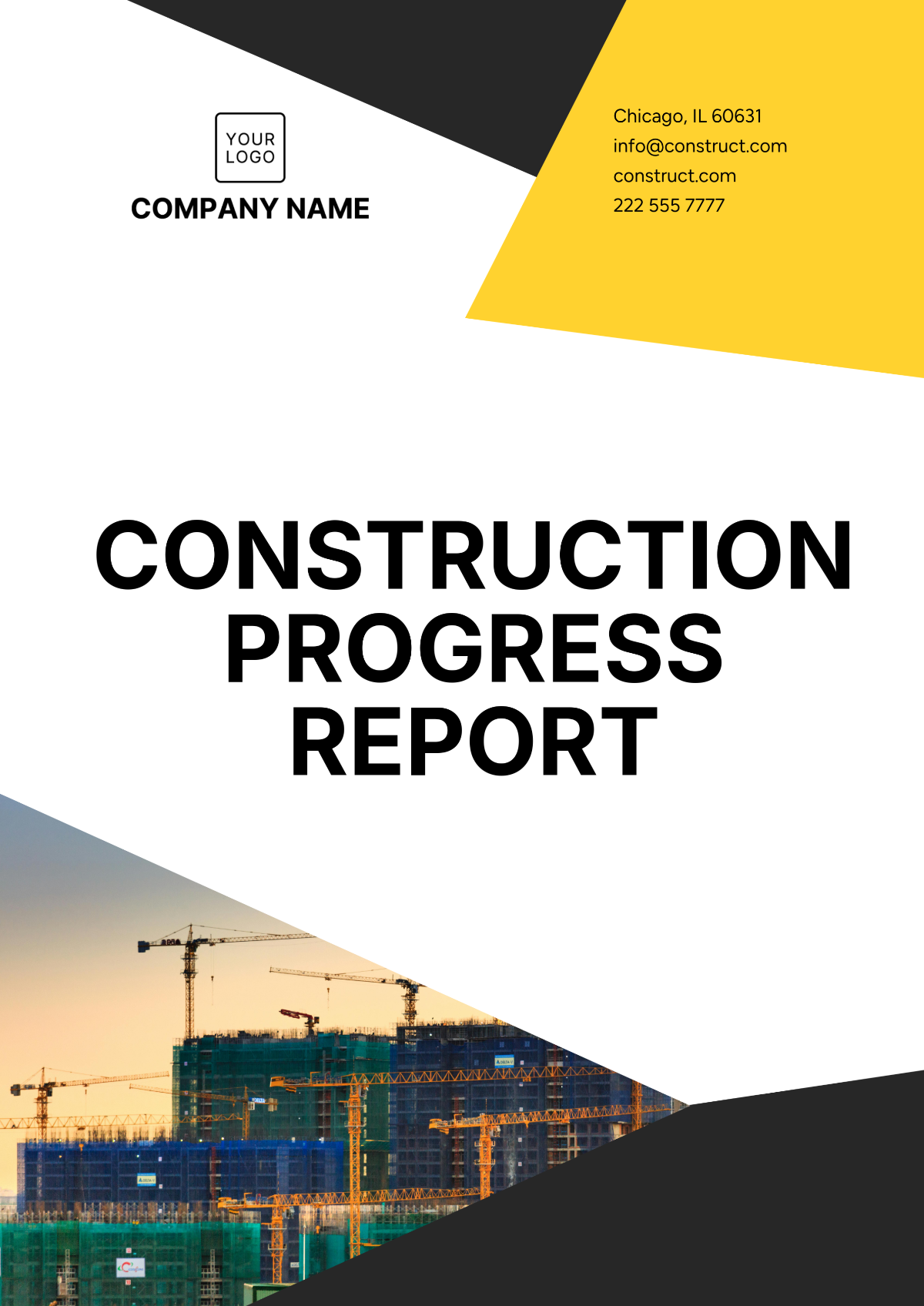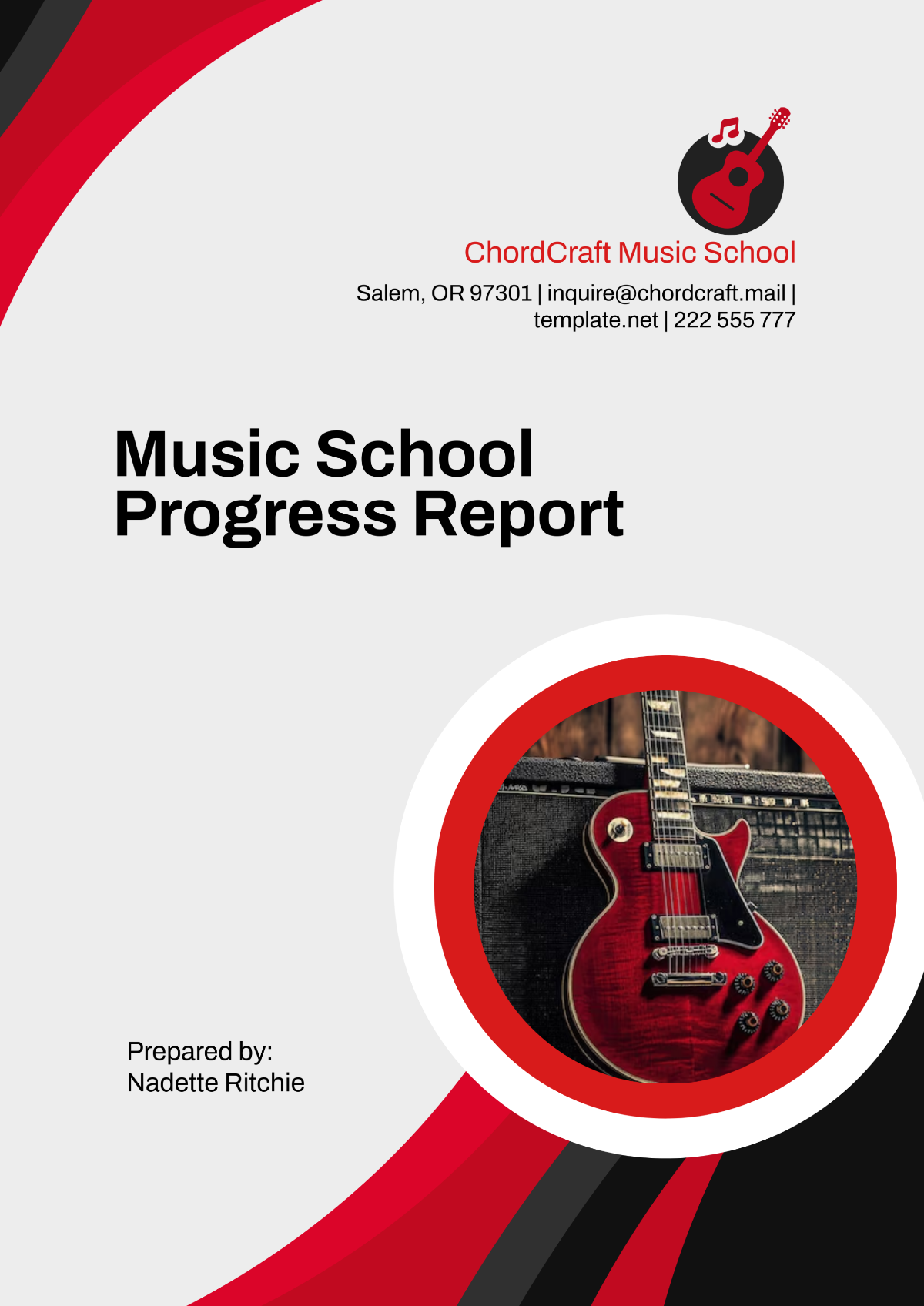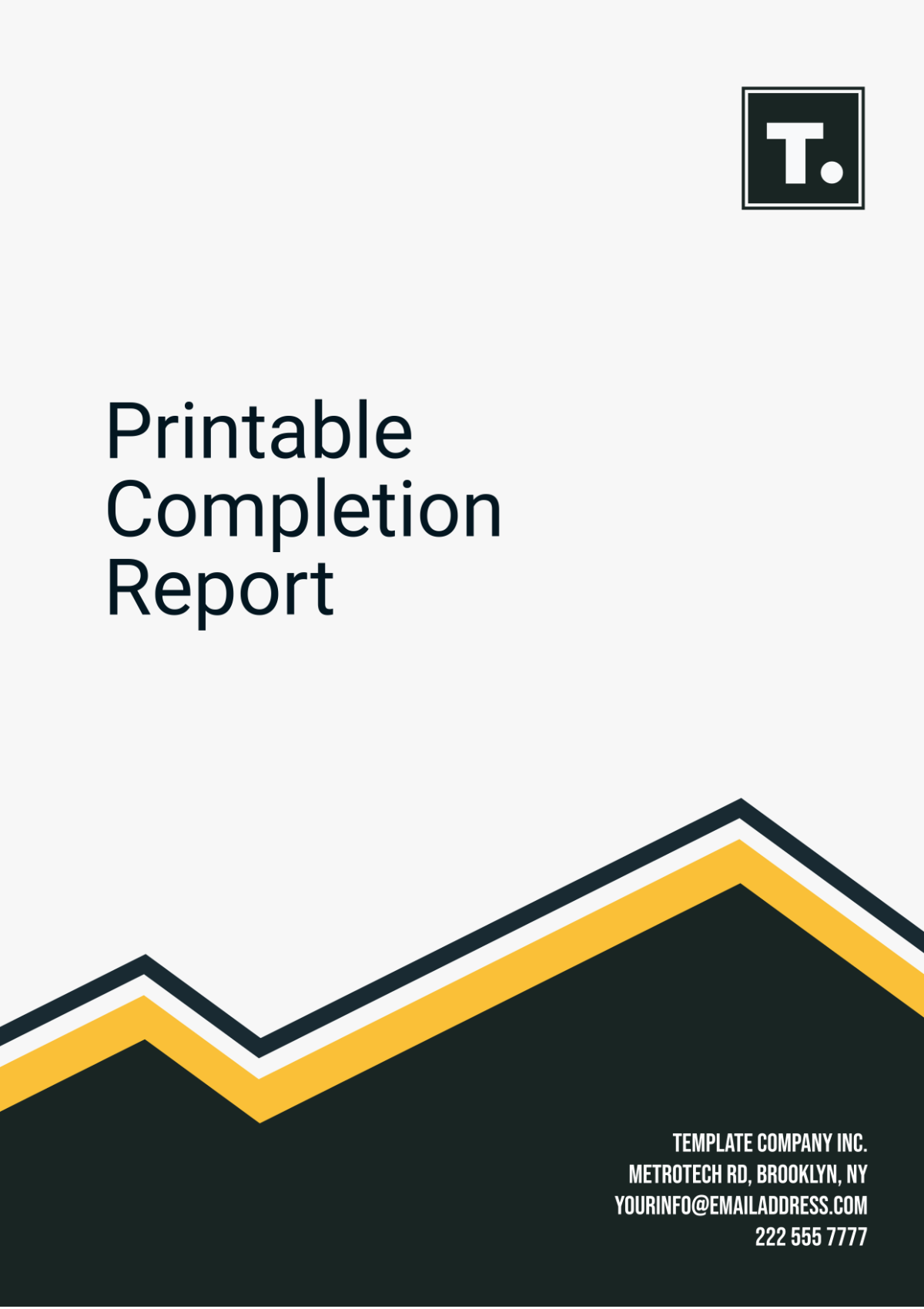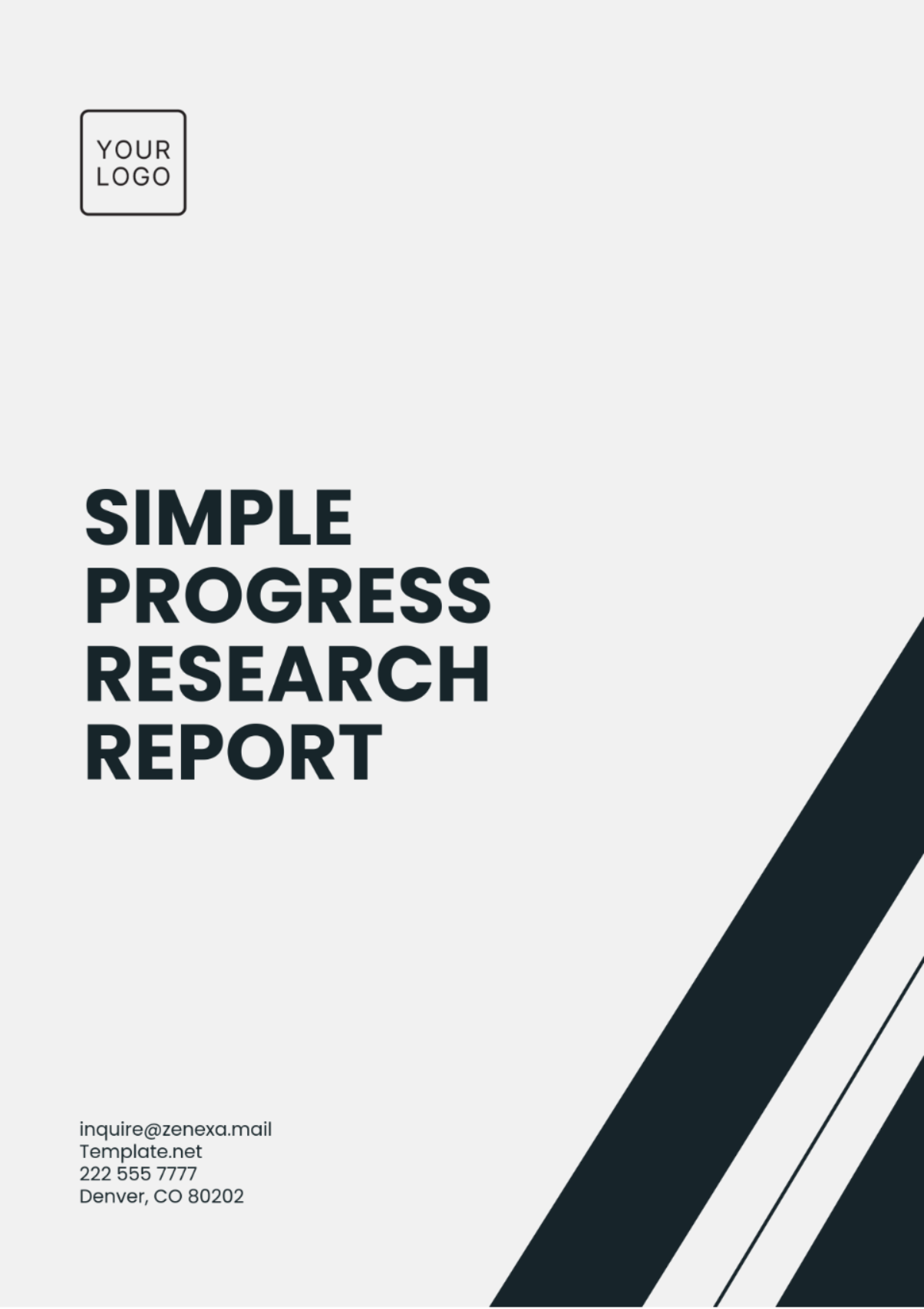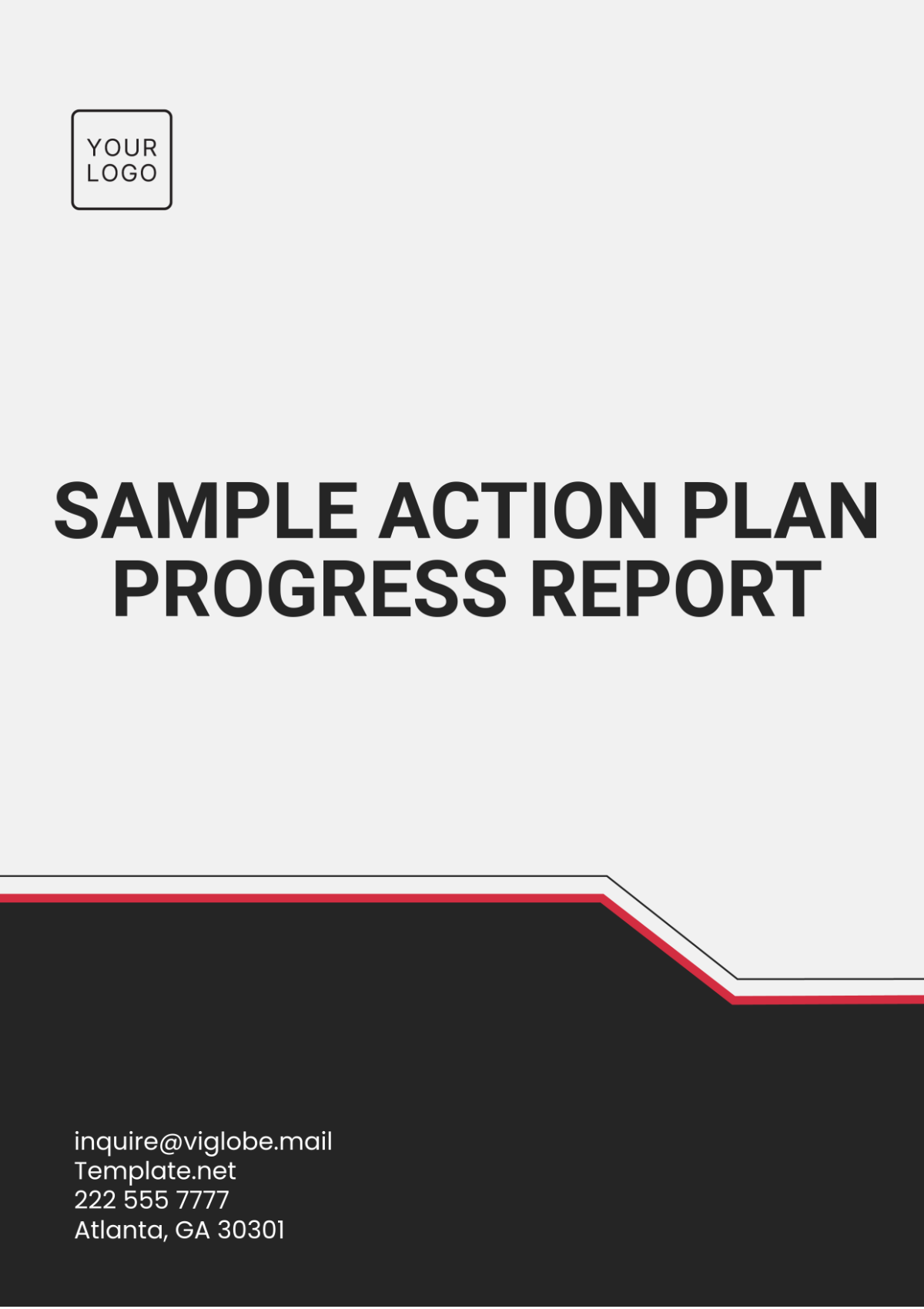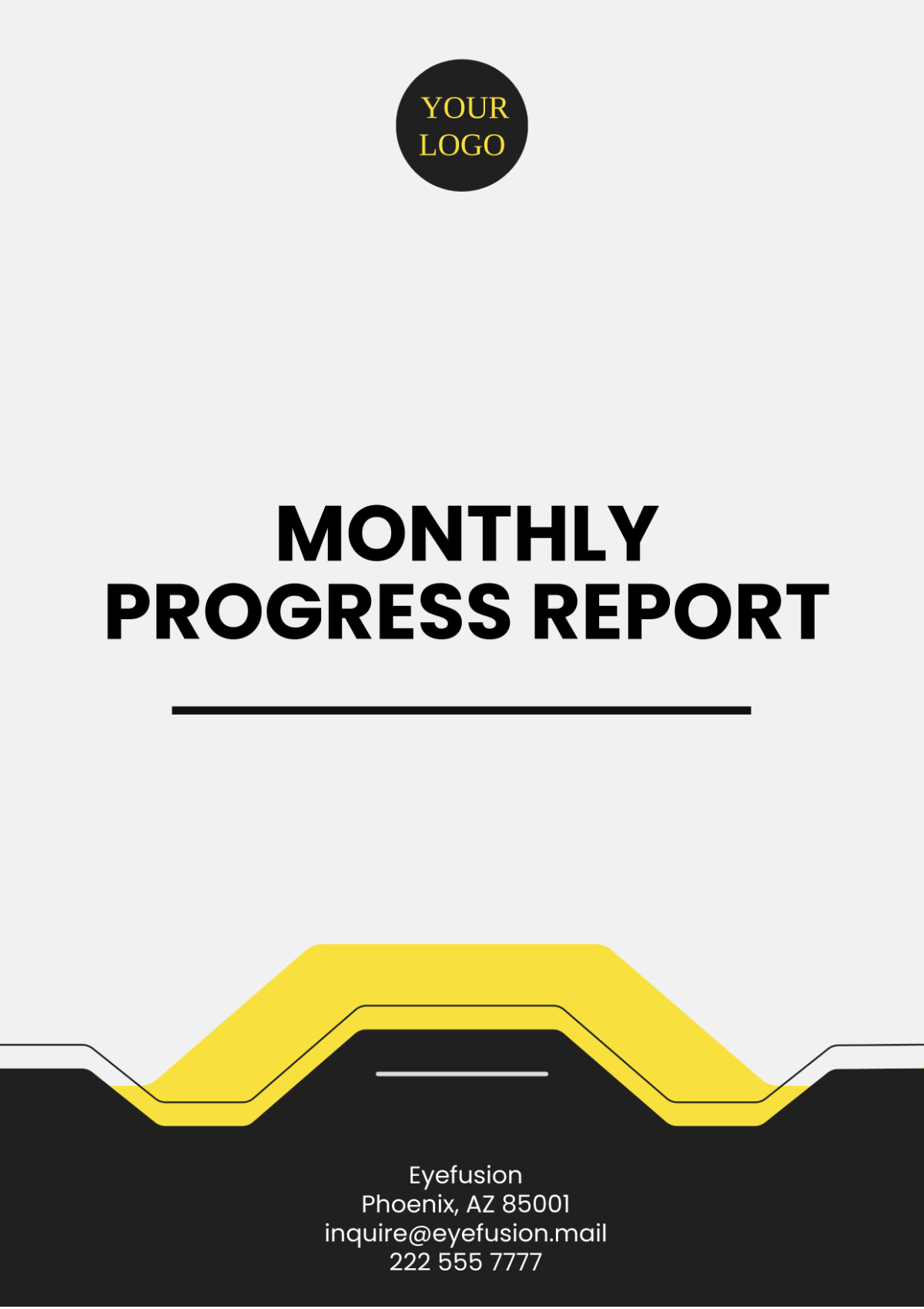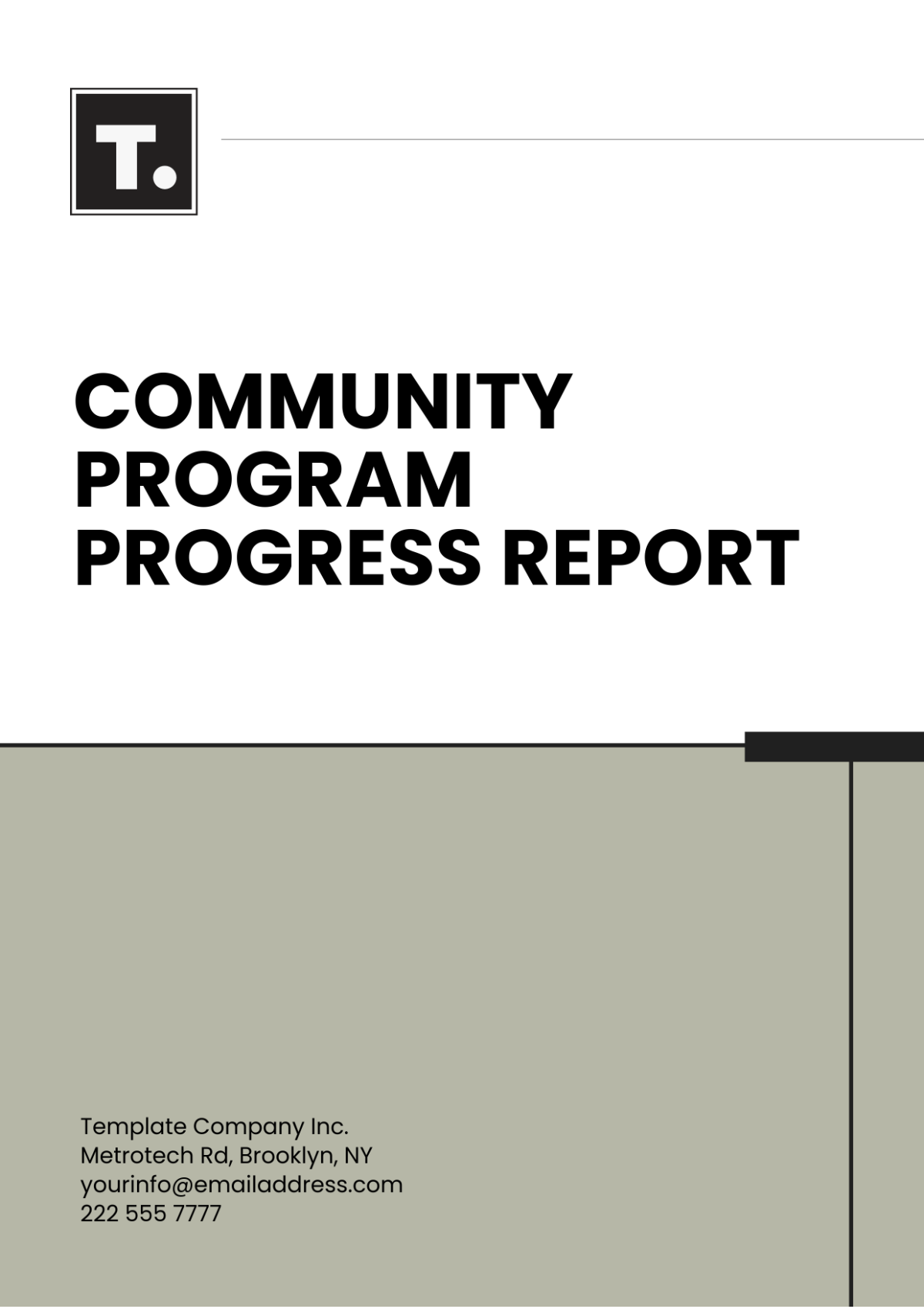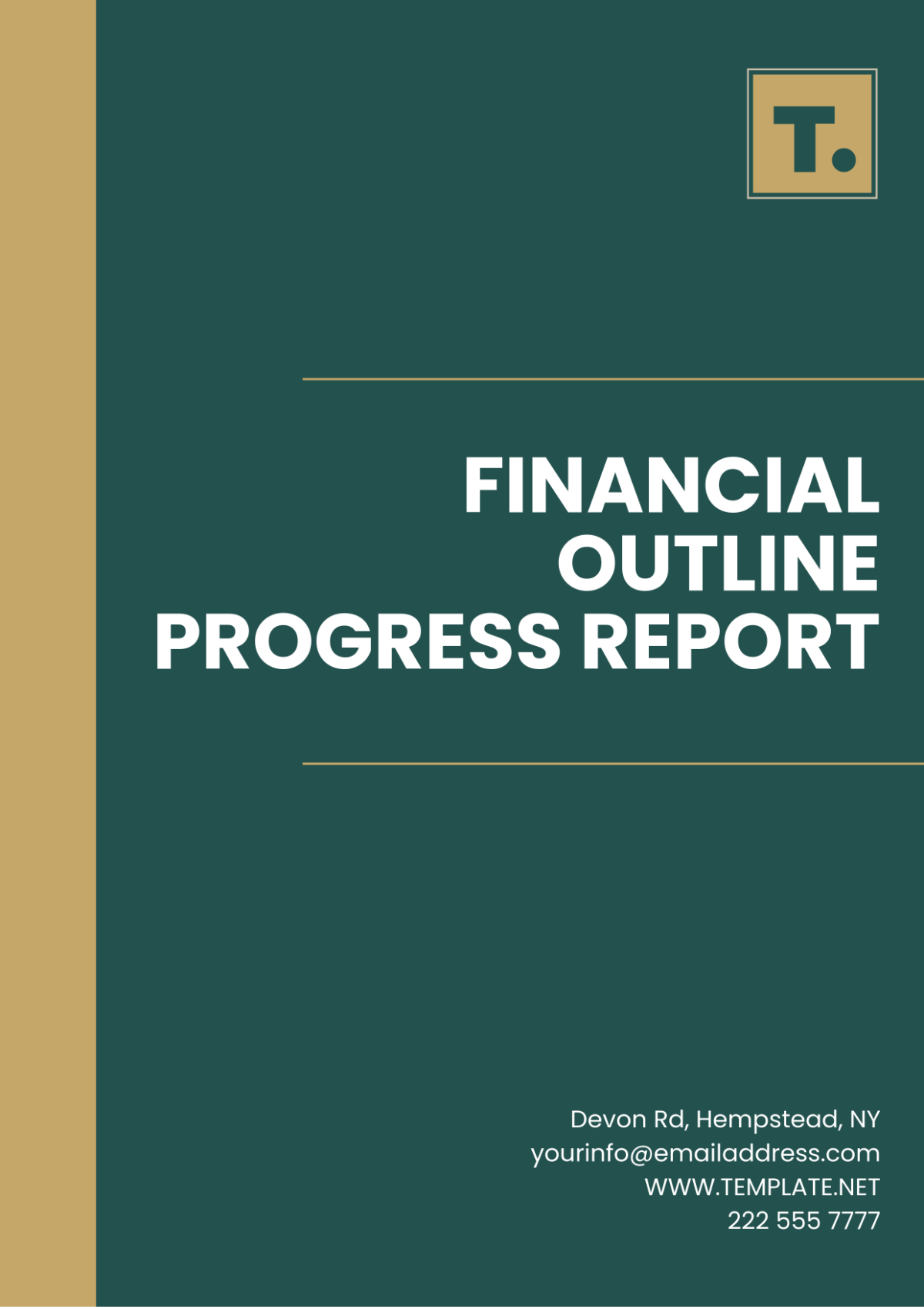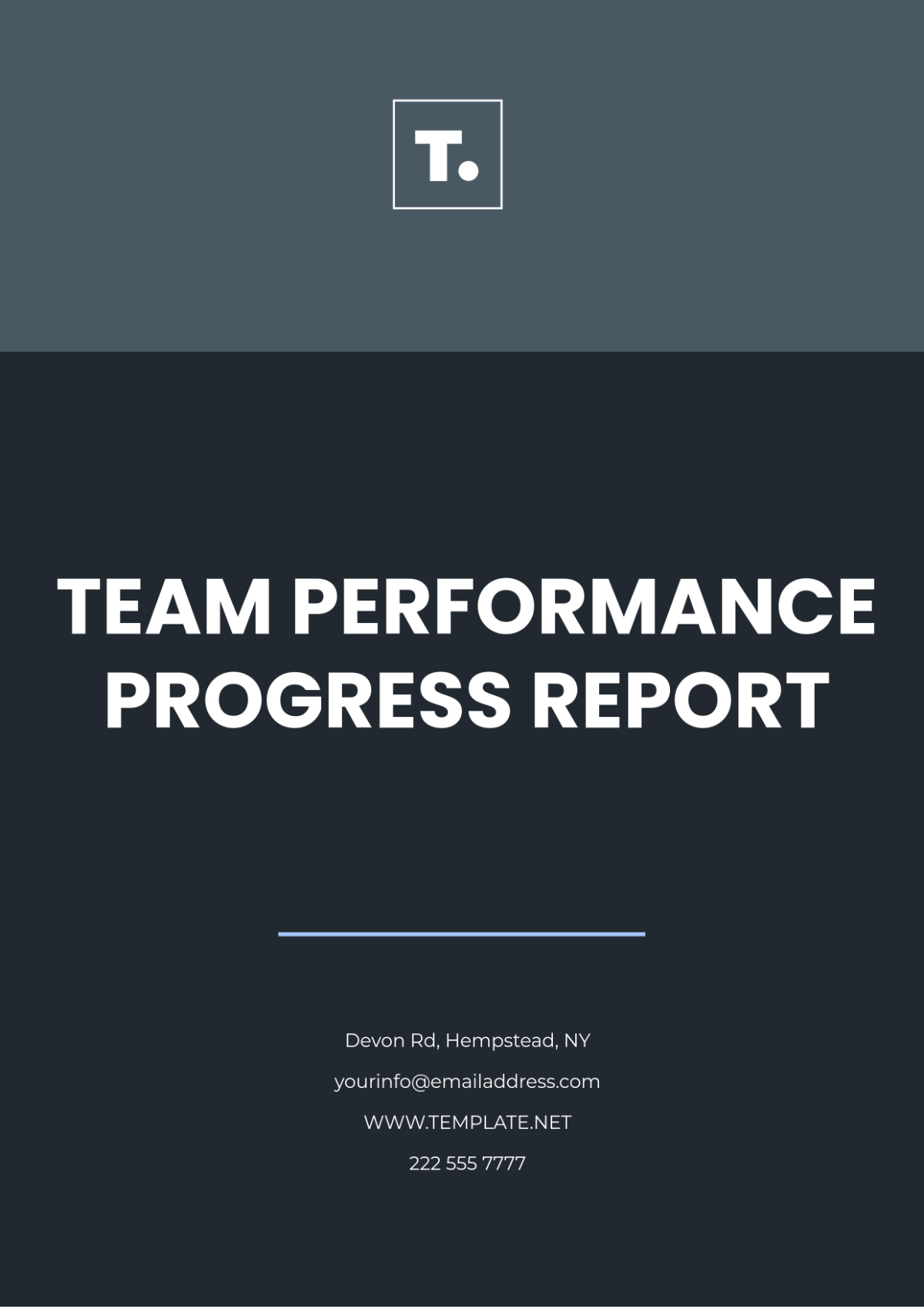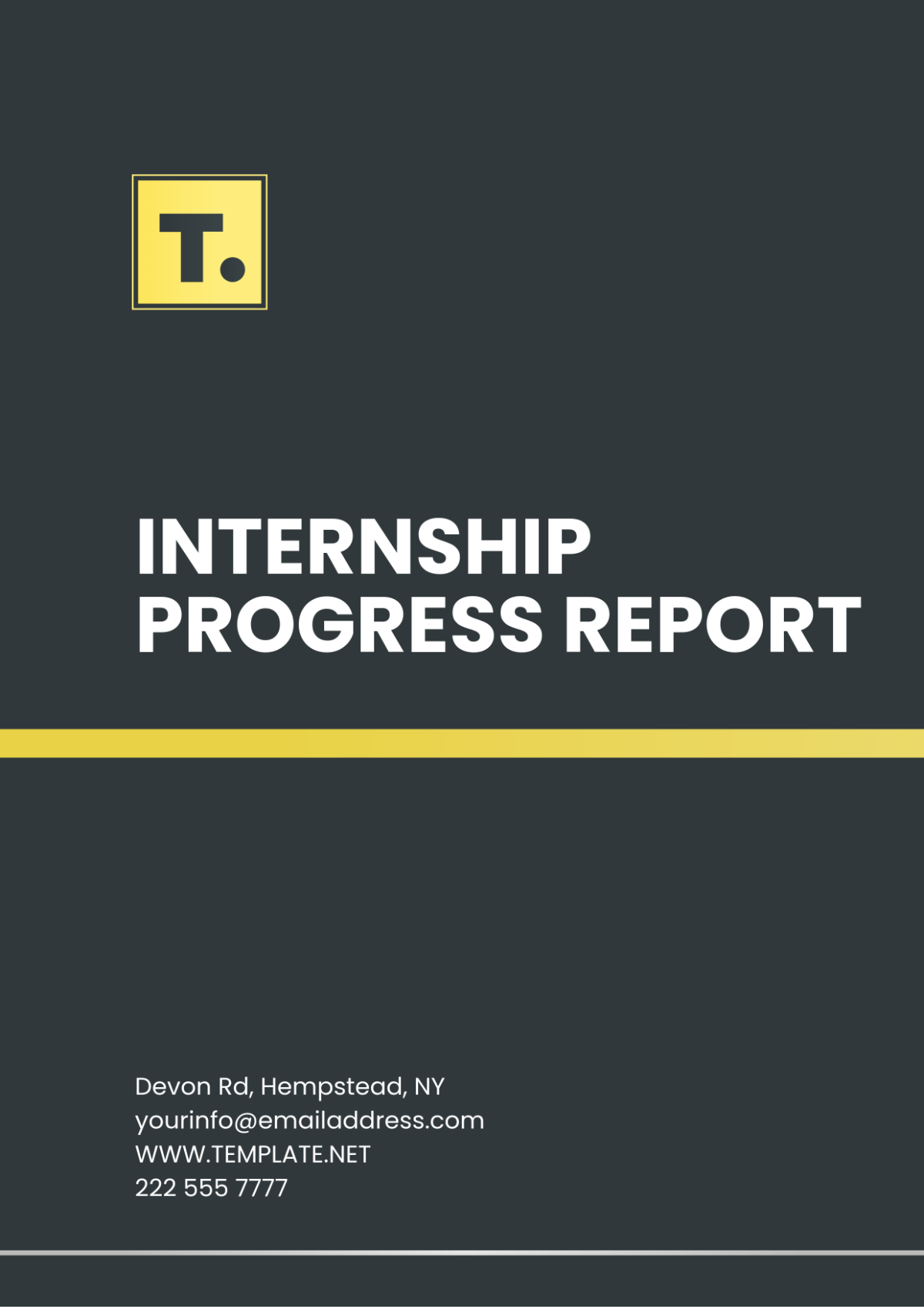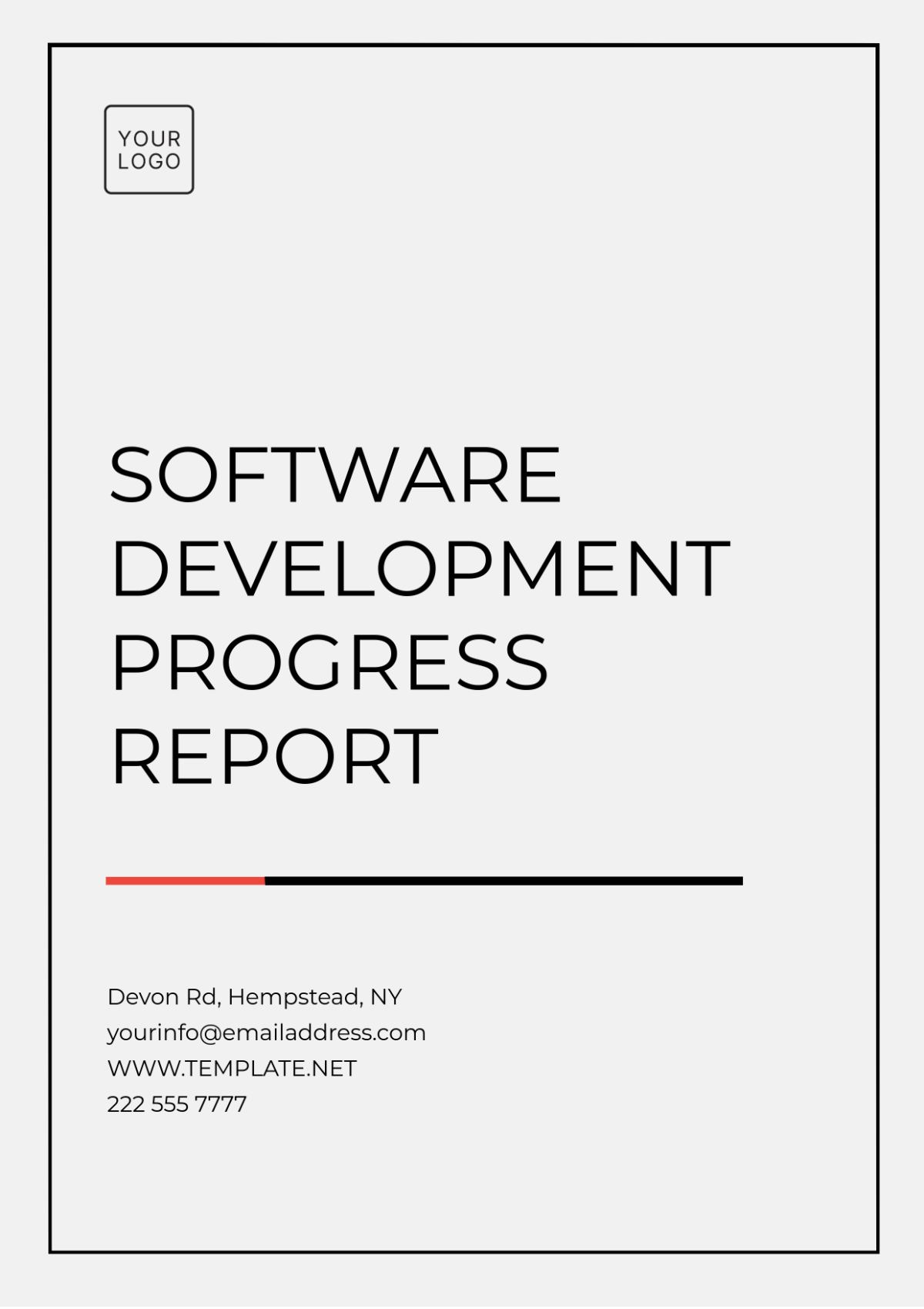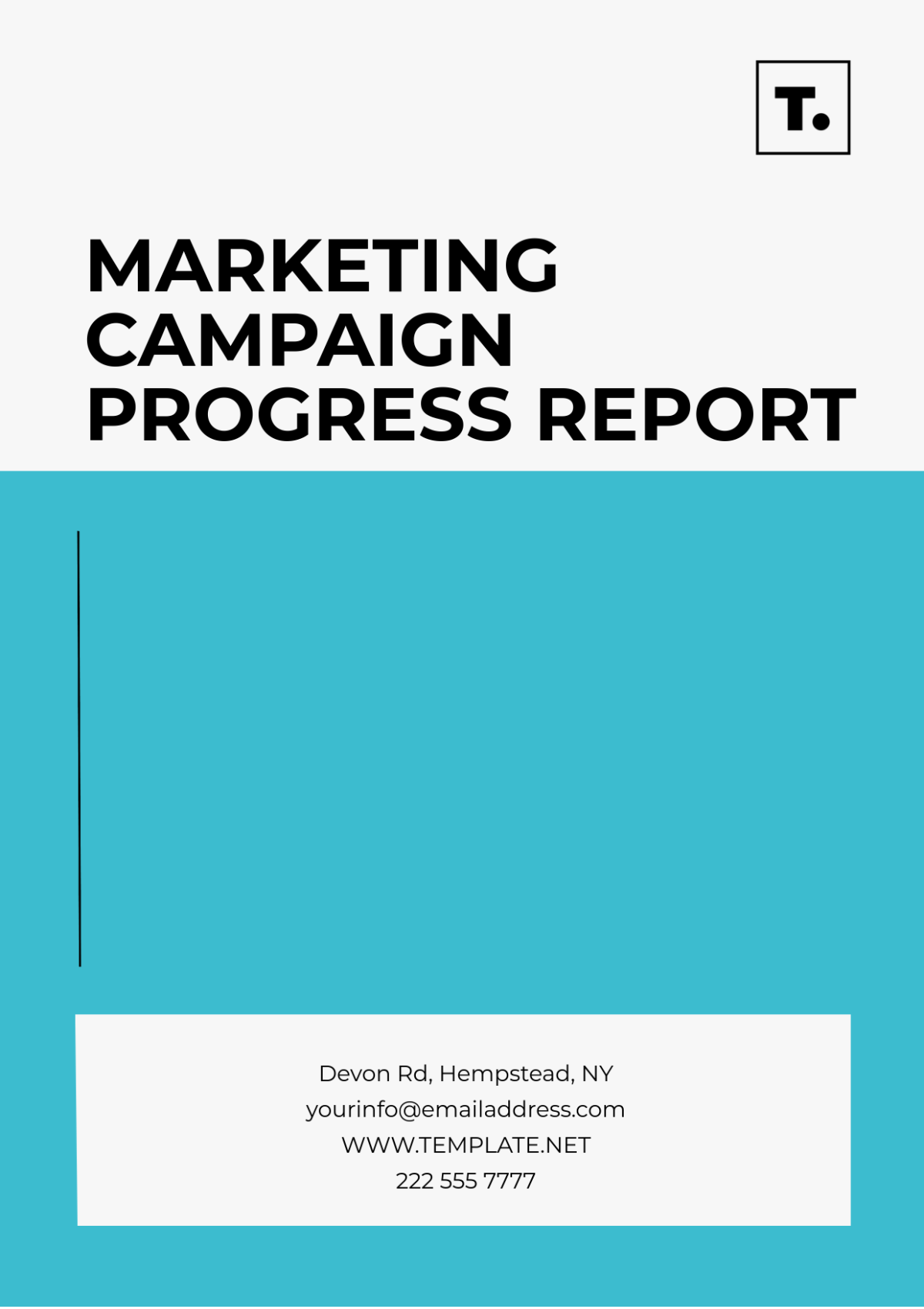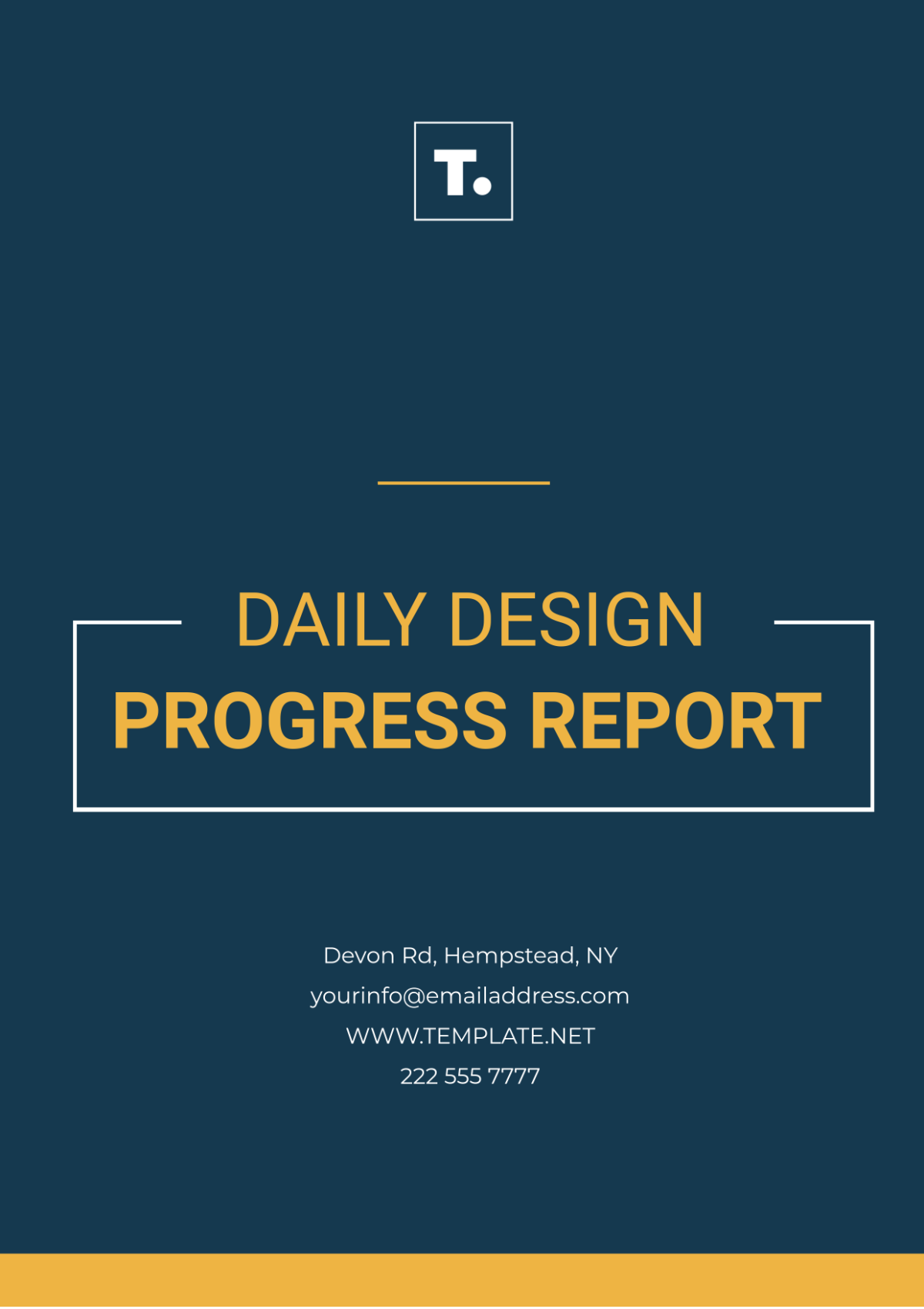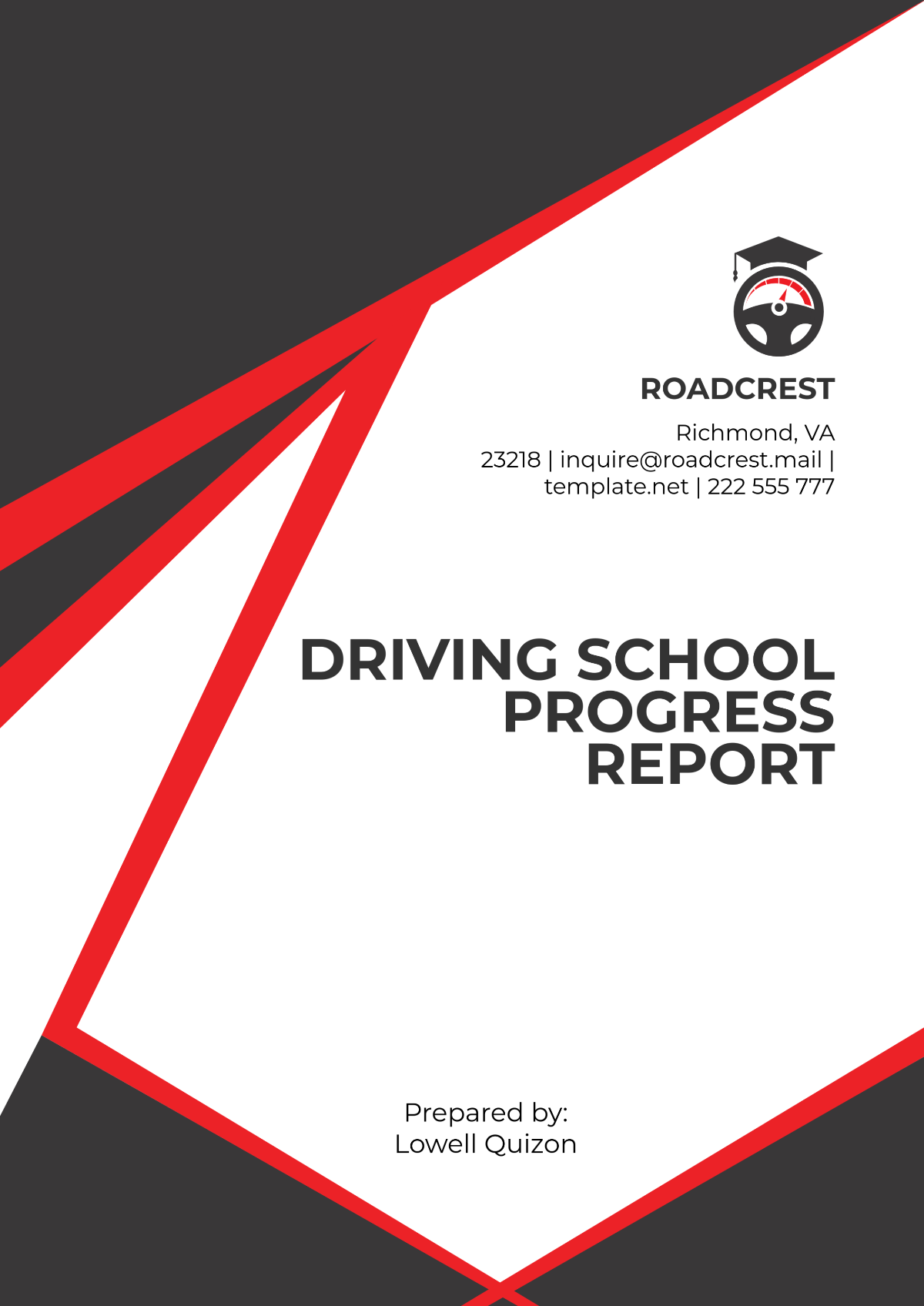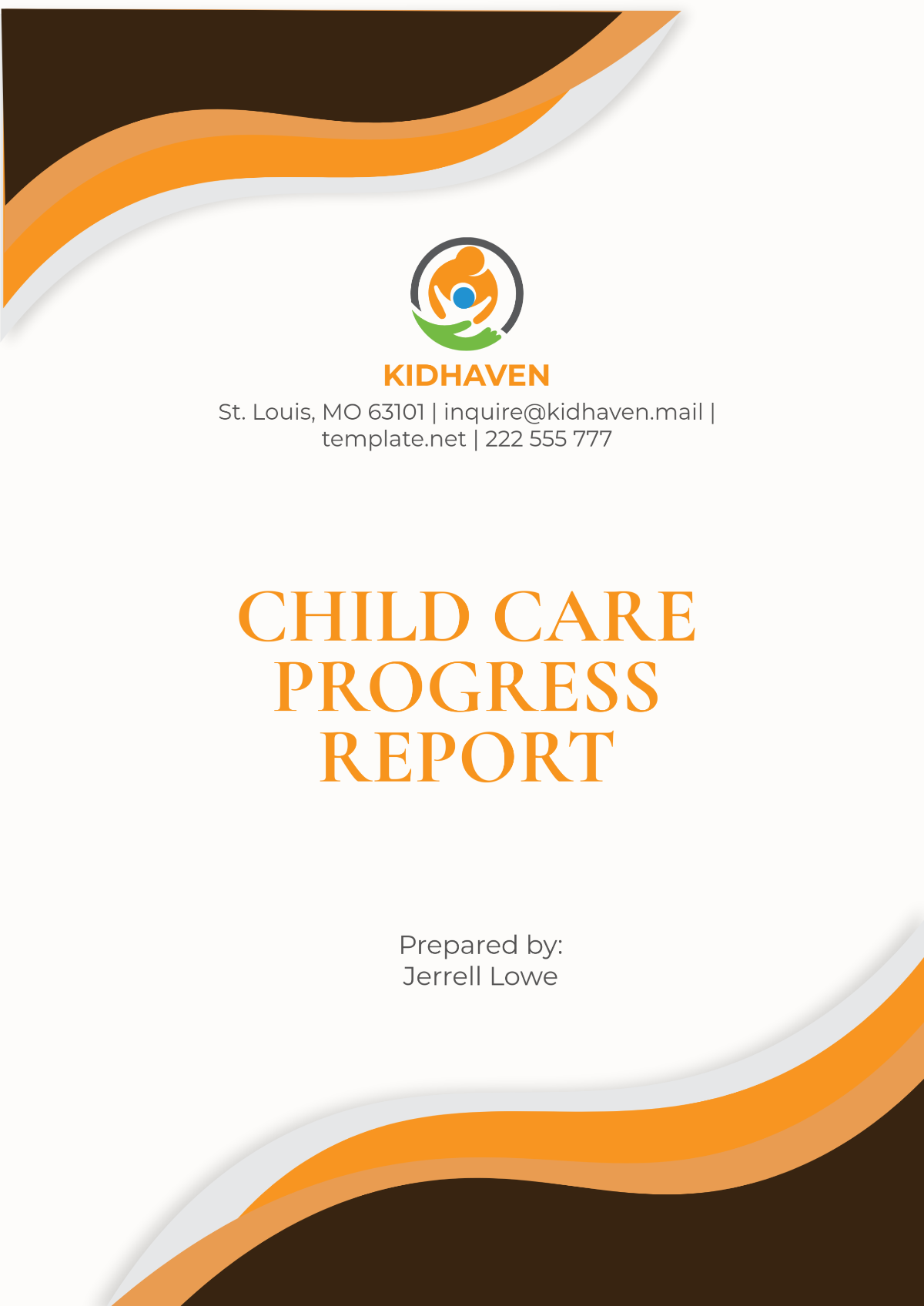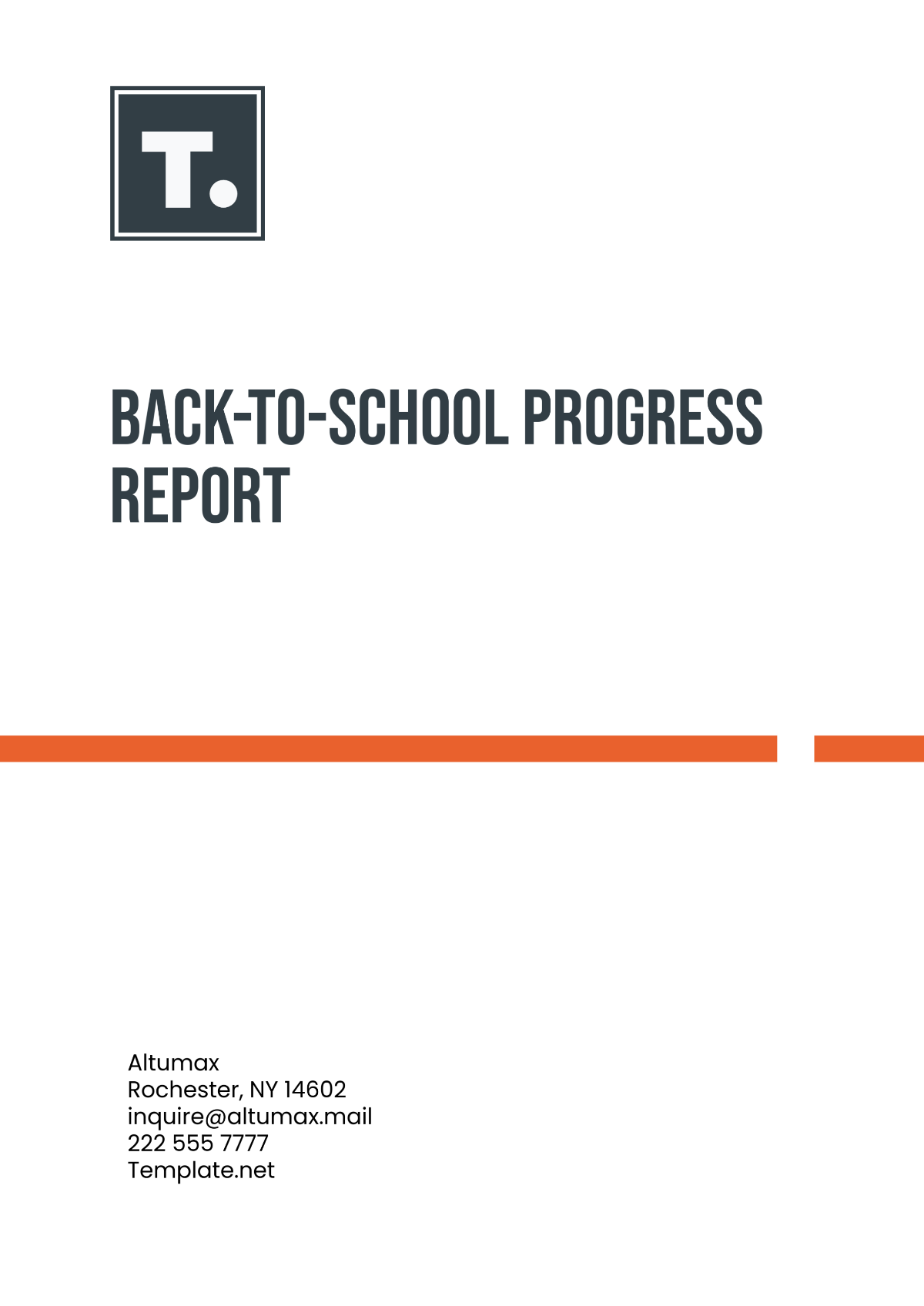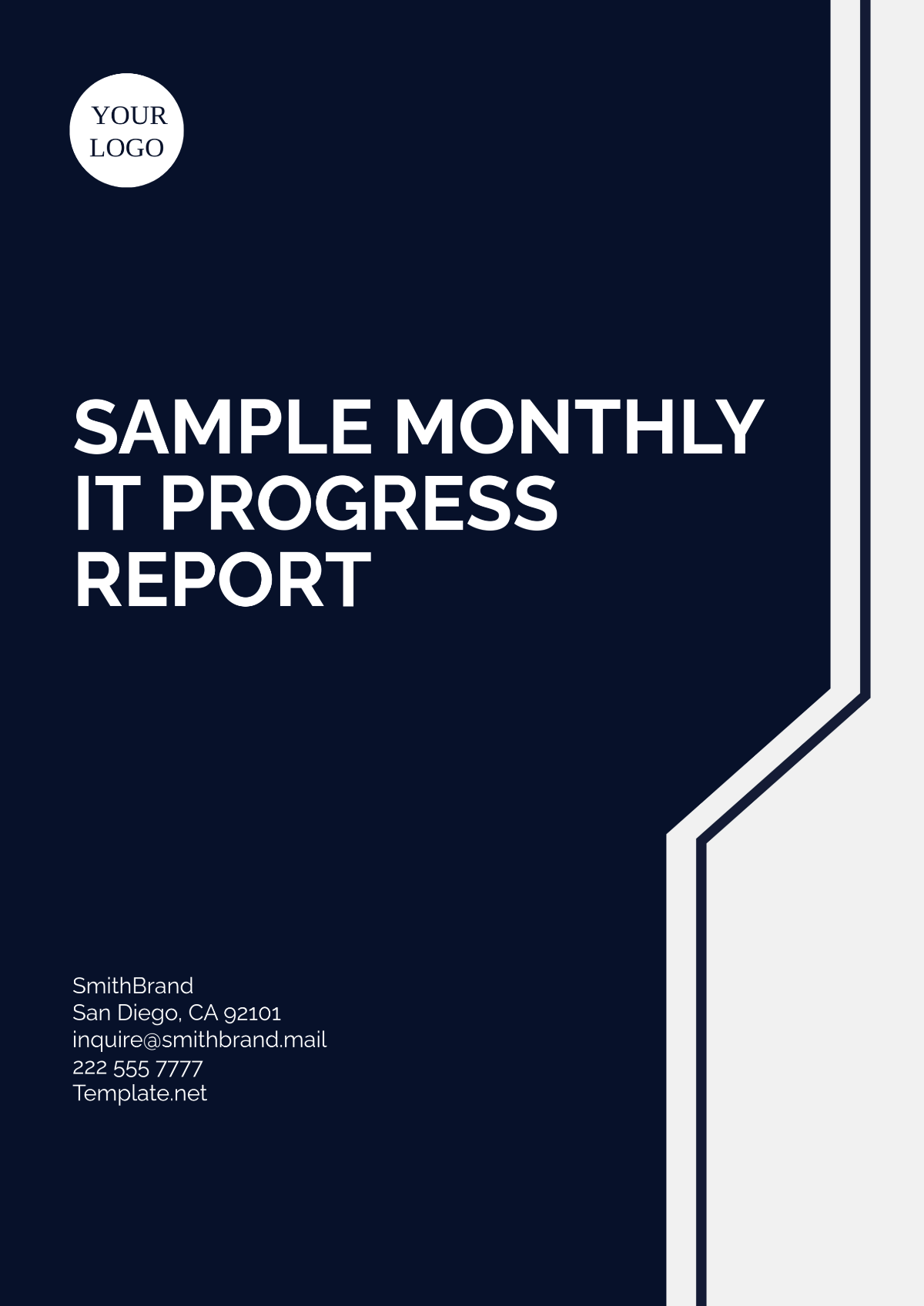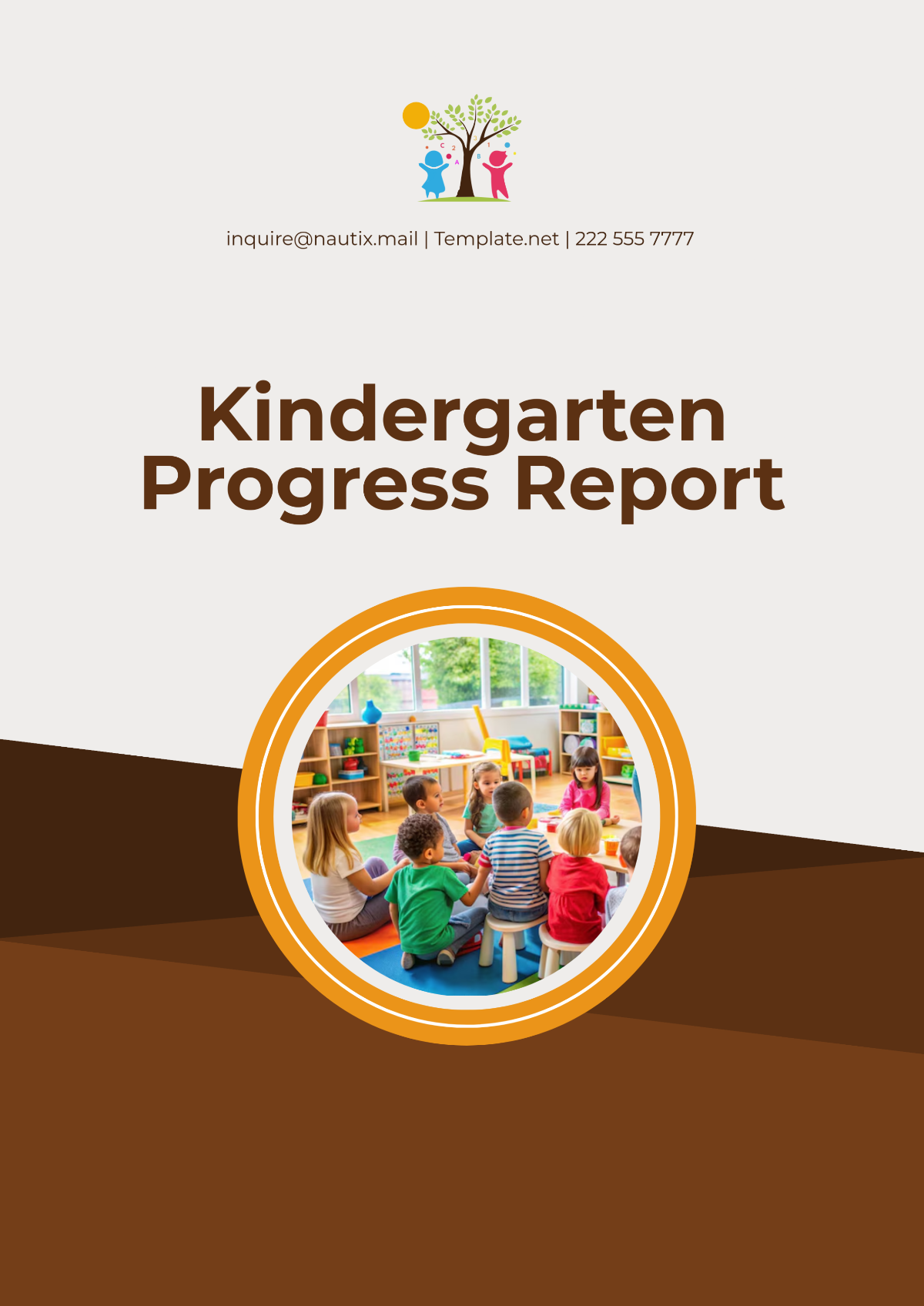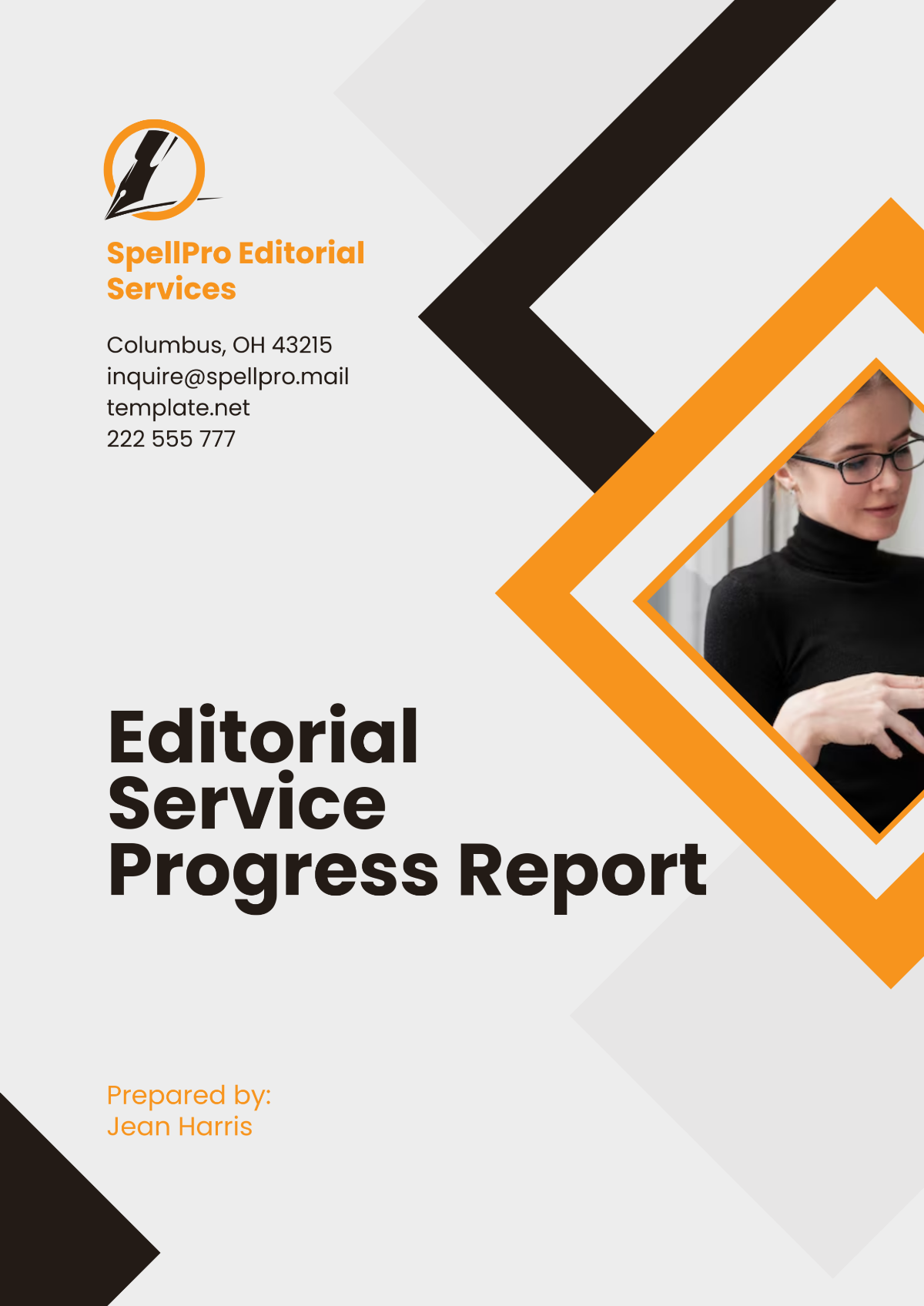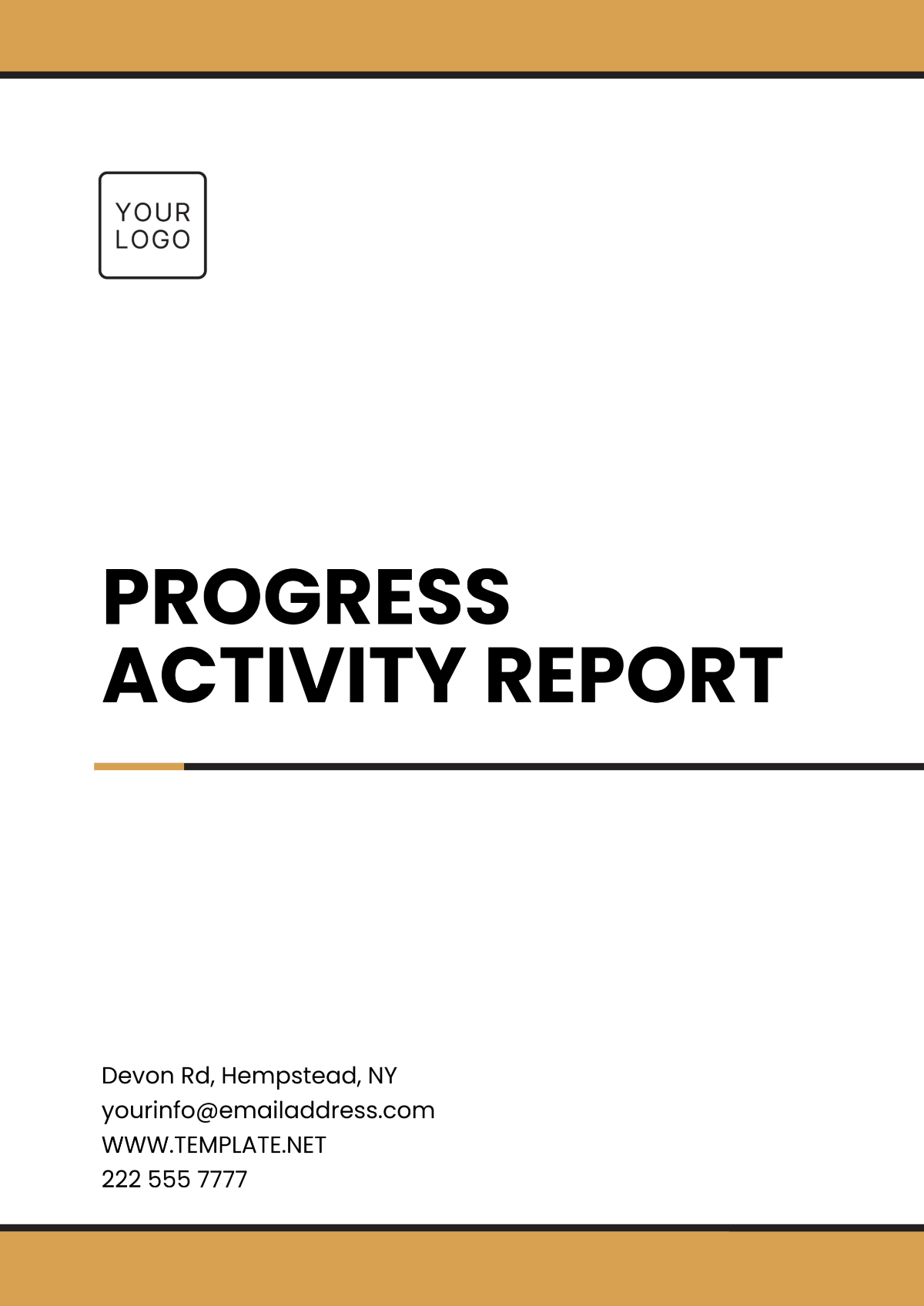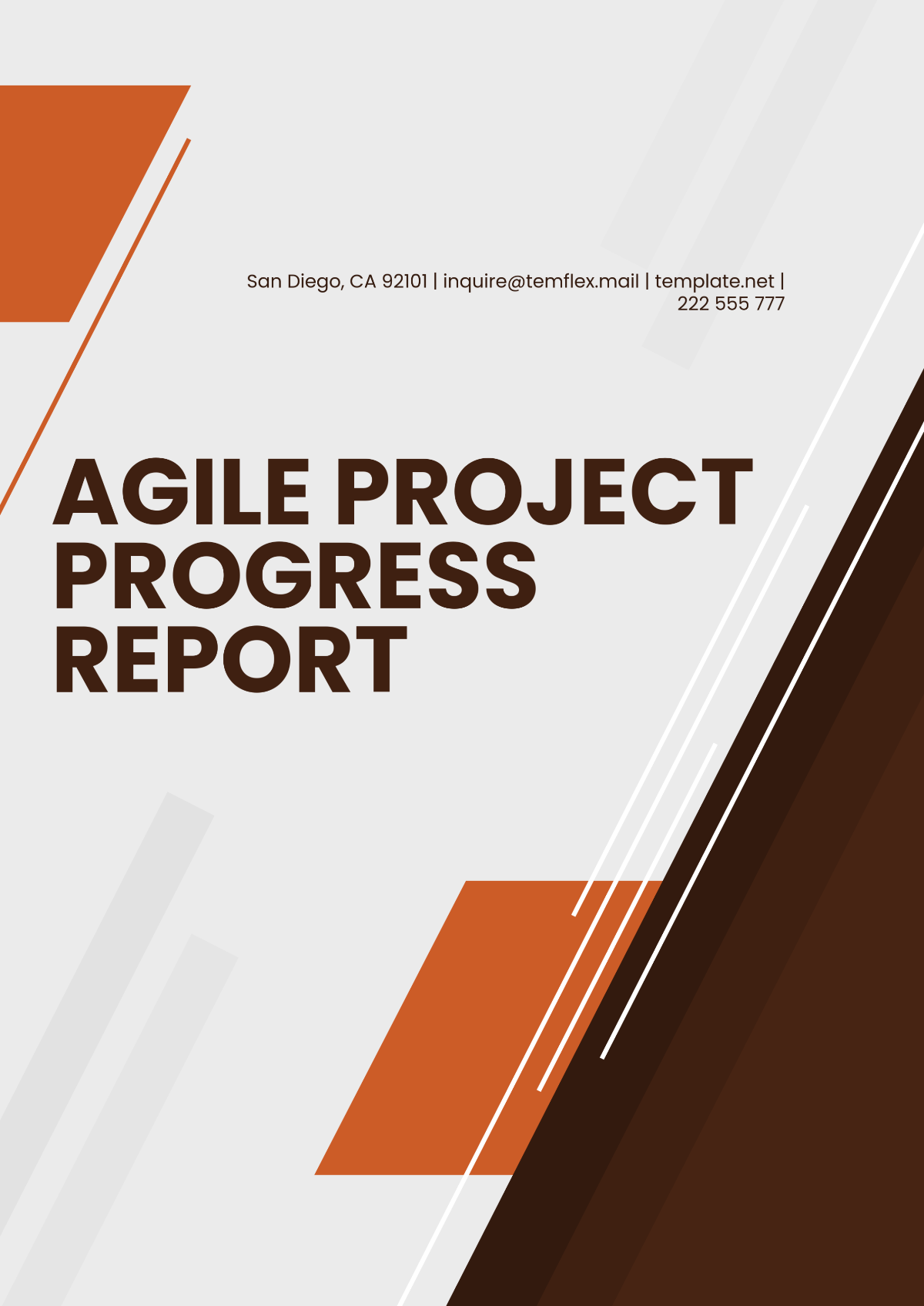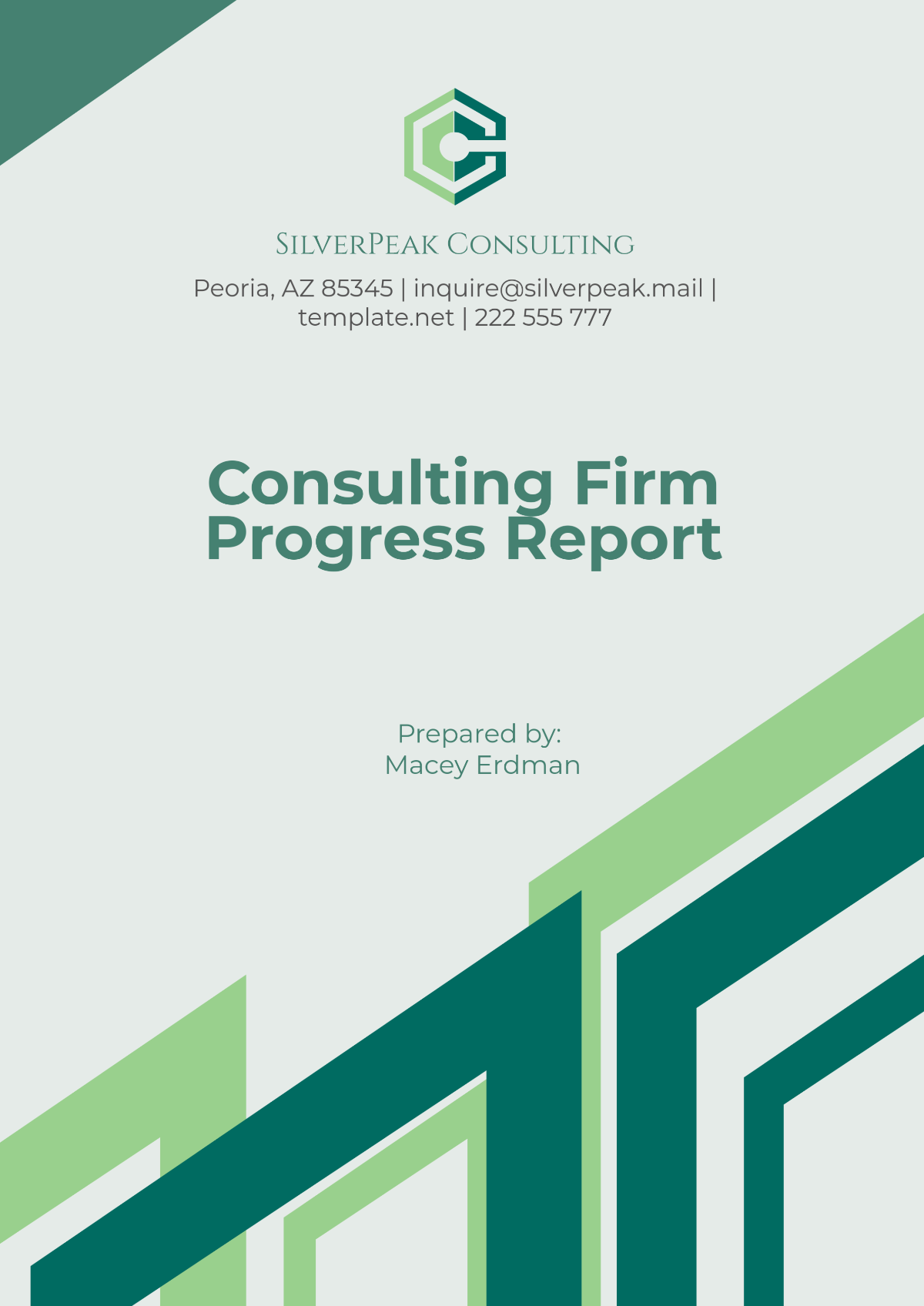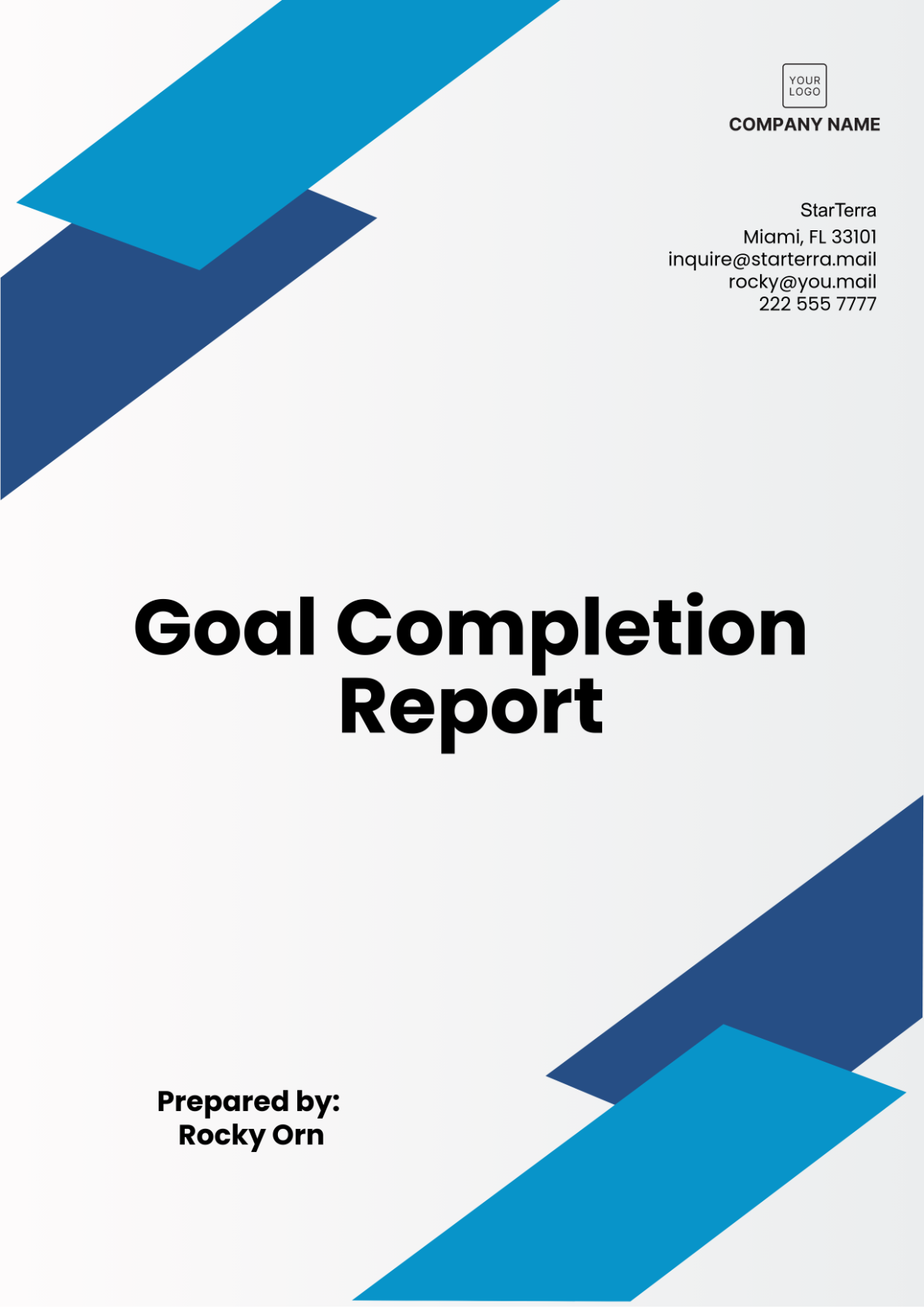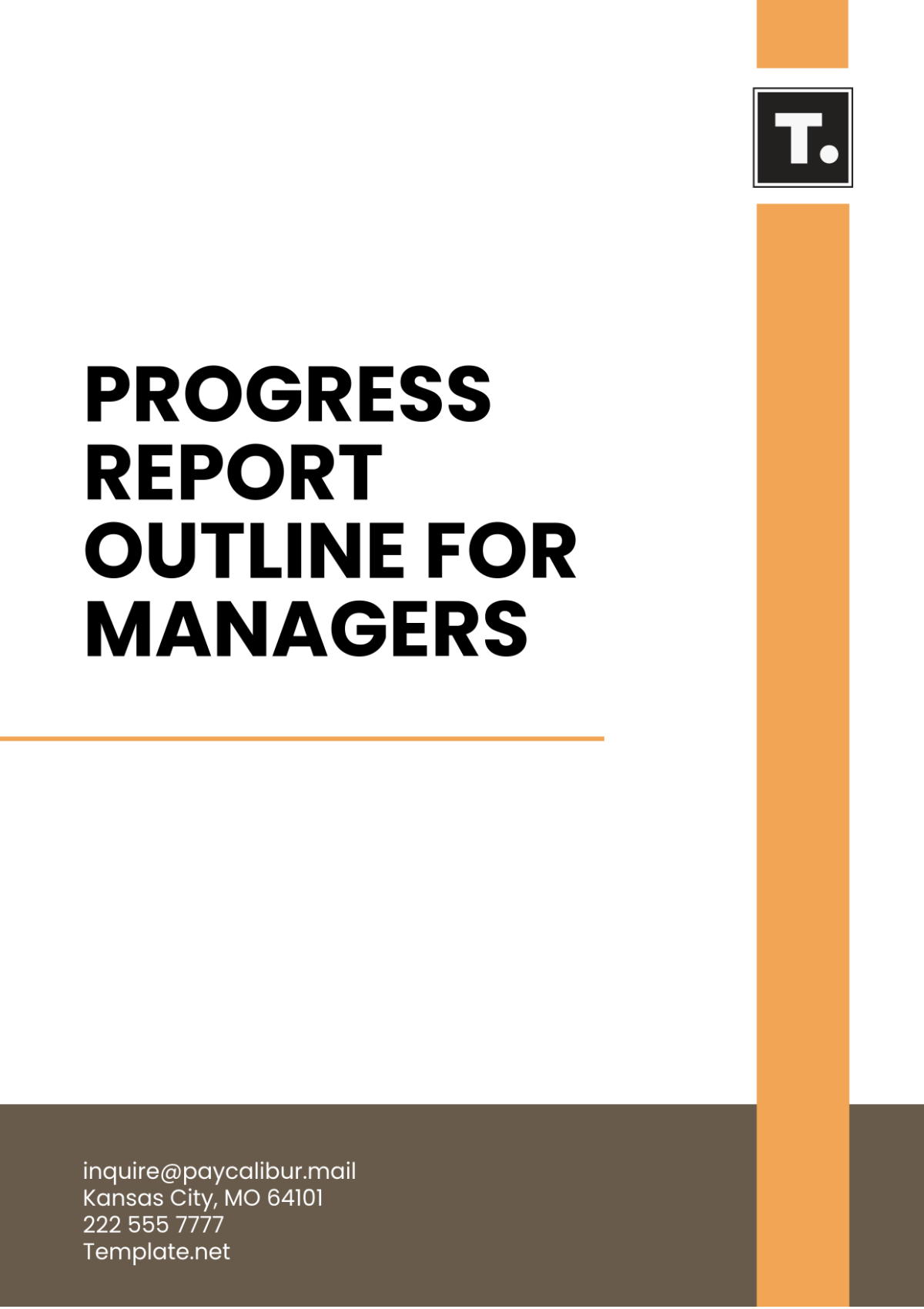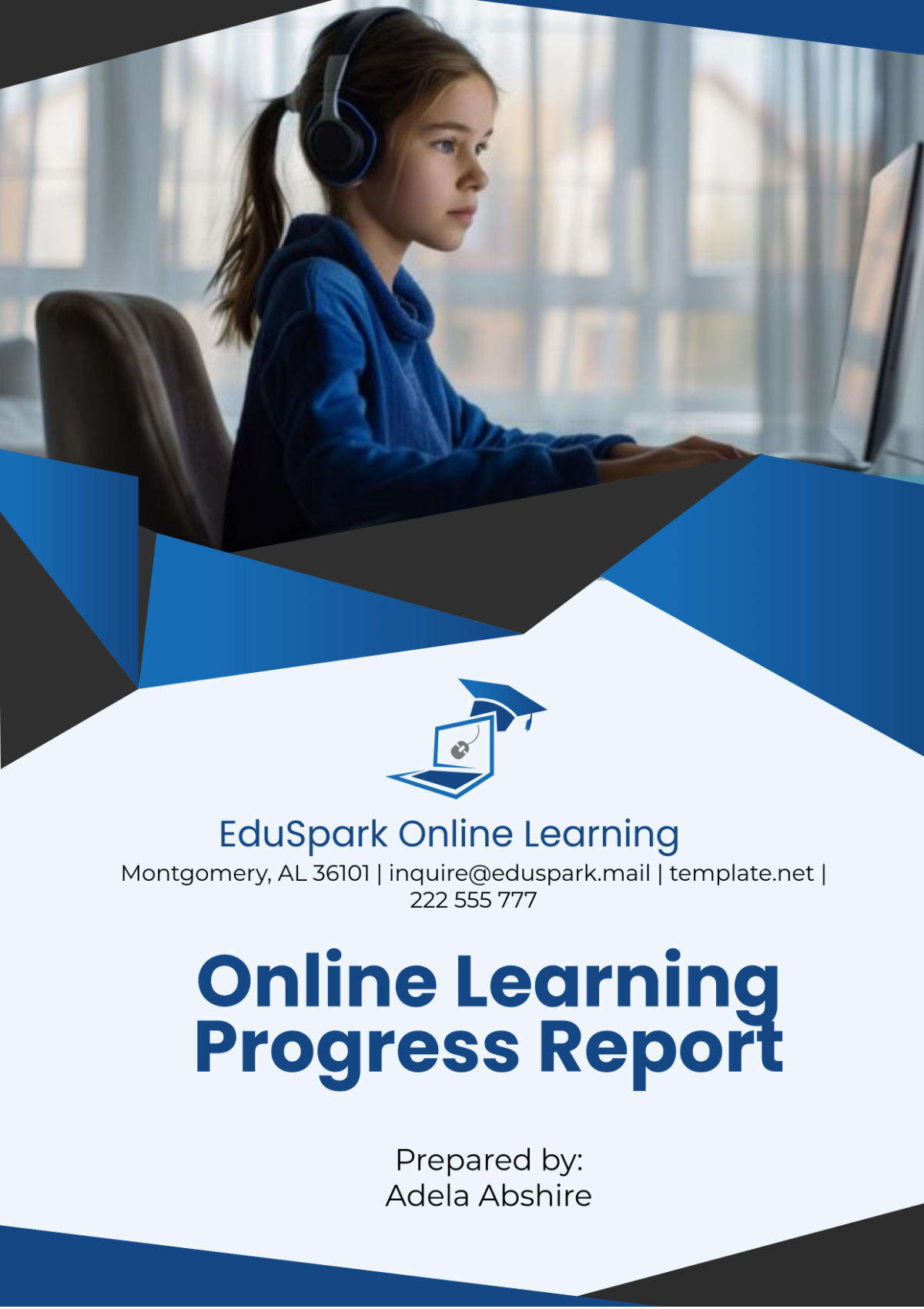ASSIGNMENT PROGRESS REPORT
School: | [Your Company Name] |
Date: | August 15, 2050 |
I. Introduction
In this assignment, [Your Name], a student enrolled in the ENV210 - Sustainable Energy course, has been tasked with conducting comprehensive research on renewable energy sources and evaluating their potential impact on reducing carbon emissions within our local community. The primary objective is to analyze various renewable energy technologies and assess their feasibility for practical implementation, considering the specific needs and constraints of our community.
II. Executive Summary
A. Progress Overview
Throughout the reporting period, significant progress has been achieved in advancing the assigned tasks. [Your Name] has completed an extensive literature review, delving into over 20 scholarly articles, research papers, and reputable sources to gather insights into the diverse range of renewable energy options available. Furthermore, initial data collection efforts have commenced, focusing primarily on gathering pertinent information related to solar and wind energy potentials within our region.
B. Challenges Faced
Despite the progress made, several challenges have been encountered during the execution of this assignment. One significant challenge pertains to the acquisition of reliable and localized data sources concerning climate conditions and energy consumption patterns specific to our community. Addressing this challenge necessitated additional time and effort for thorough research and validation to ensure the accuracy and relevance of the data utilized in our analysis.
C. Next Steps and Recommendations
Looking ahead, the next crucial steps in this assignment involve conducting a detailed comparative analysis of the economic, environmental, and social implications associated with the adoption of solar and wind energy systems within our community. To facilitate this analysis effectively, it is recommended to establish collaborative partnerships with local energy providers, environmental organizations, and relevant stakeholders. By leveraging their expertise and resources, we can enhance the depth and accuracy of our research findings and foster greater community engagement and support for sustainable energy initiatives.
III. Current Status
The current status of the assignment is summarized in the following table:
Task | Status |
|---|---|
Literature Review | Completed |
Data Collection | In Progress |
Initial Analysis | Pending |
IV. Accomplishments
During the reporting period, notable accomplishments include:
Accomplishment | Description |
|---|---|
Literature Review | Conducted a thorough review of scholarly articles and research papers on renewable energy technologies, culminating in valuable insights and data synthesis. |
Data Collection | Initiated the process of data collection, with a focus on gathering relevant information regarding solar and wind energy potentials within our local context. |
V. Challenges
A. Data Validation
One of the primary challenges encountered revolved around the validation of data obtained from various sources. Given the diversity and sometimes inconsistency of available data, rigorous validation procedures were essential to ensure the reliability and accuracy of our analysis.
B. Time Constraints
Balancing the demands of coursework and research activities posed a significant time constraint, necessitating careful prioritization and time management to ensure the timely completion of assigned tasks.
C. Technical Understanding
Navigating the technical intricacies of renewable energy systems proved to be challenging, requiring additional research and consultation with subject matter experts to enhance understanding and proficiency in this domain.
VI. Next Steps
A. Comparative Analysis
The next critical phase of this assignment entails conducting a comprehensive comparative analysis of solar and wind energy systems, evaluating their respective costs, efficiencies, environmental impacts, and suitability for implementation within our community.
B. Stakeholder Engagement
To foster greater community involvement and support for sustainable energy initiatives, it is imperative to engage with local energy providers, community leaders, and environmental organizations. Collaboration with these stakeholders will facilitate knowledge sharing, consensus-building, and the identification of potential barriers or opportunities for implementation.
C. Drafting Report
Commence the drafting of the final report, synthesizing research findings, analysis results, and recommendations into a cohesive and informative document. The report will serve as a valuable resource for decision-makers and stakeholders involved in shaping the future of sustainable energy development within our community.
VII. Conclusion
In conclusion, despite encountering challenges along the way, significant progress has been achieved in advancing the objectives of this assignment. With continued dedication, collaboration, and perseverance, I am confident that we can produce a comprehensive report that not only informs but also inspires meaningful action towards the adoption of sustainable energy solutions in our community.
